Recap of the Inaugural Australian Organic Conference



Embracing Change & Transformation: Recap of Australian Organic Conference 2022
Welcome to Australian Organic Awareness Month!
How Building Shopper Confidence Can Underpin Future Organic Market Growth
Organic Produce Update
Behind the Scenes with Better Homes and Gardens
Advisory Committee Updates
Organic Operators in Focus
Member Profile: The Healthy Chef
Member Profile: Coco Tribe
Member Profile: Pirovic Family Farms
Member Profile: Sugarless Australia
Member Profile: Country Heritage Feeds
Get Your FREE AOAM Organic Recipe e-Book! Awareness Month Opportunities
Page 4 Page 6 Page 8 Page 10 Page 12 Page 20 Page 22 Page 23 Page 24 Page 25 Page 26 Page 27 Page 28 Page 29 Page 30 Page 32 Page 34
This is an interactive publication. Click on images, links and advertisements to take you to the relevant page or website. Try clicking on the page numbers in the contents table above to get started.
FRONT COVER: Panel Session on Soil & Biologicals - Australian Organic Conference 2022, 21 July. L to R: Dr Jay Anderson, Wayne Shields and Mick Dan.
austorganic.com
Australian Organic Limited (AOL) 18 Eton Street, Nundah Qld 4012 Tel: 07 3350 5716
E: contact@austorganic.com ABN: 75 699 664 781
AustOrganicLtd australianorganic austorganic Australian Organic
All rights reserved. Material contained in this publication may only be reproduced with written permission of Australian Organic Limited (AOL). While every effort is made to publish accurate information, AOL and its Directors cannot accept responsibility for statements made and opinions expressed in this publication. Inclusion of advertising does not imply endorsement of the product/services by AOL. To apply for reproduction permission please contact kane.frampton@austorganic.com. The views expressed in this publication are not necessarily the views of AOL.
©Australian Organic Limited
Design by Hype Creative www.hypecreative.com.au
Welcome to the Spring issue of Australian Organic Connect! It’s hard to believe how quickly this year has passed with a packed schedule of events and initiatives to keep us all busy.

I’d like to start by thanking everyone who contributed to the inaugural AOL Conference during July, whether as a sponsor, speaker or attendee. We had participants from across Australia and overseas to discuss the challenges and opportunities currently defining our industry, with a great cross-section of contributions from different industry sectors over the two days. It was a huge effort from our team to pull together such a successful event – make sure you check out Page 4 for a full summary of what took place across 21-22 July.
Today marks the beginning of Australian Organic Awareness Month, our annual initiative to raise the profile of certified organics and highlight the work that still needs to be done to bring Australia in step with the rest of the world. Have a read of Page 6 to find out what we have planned for this month, what sponsors are involved and how you can play a role in ensuring consumers keep an eye out for organic certification logos like the Bud.
I would also like to remind you all that applications for our 2022 Industry Awards close on Wednesday 14 September. You can submit your entry across nine individual and industry categories, finalists will be announced prior to the Industry Award event. The category and individual winners along with the recipient of the Chairman’s Award and induction of an Industry Great into the Hall of Fame will be announced at an event in the Hunter Valley on 25 November, and tickets are available now for anyone wishing to attend.
In this issue, we hear from Mobium Group Research Director Nick Bez, who highlights some key takeaways from the market research that Mobium conducted this June with more than 1,000 Australian food shoppers. You will also learn more about Australian Organic Awareness Month, and we will take you behind the scenes of a video shoot we conducted with Better Homes and Gardens to promote AOAM.
Elsewhere, Australian Organic Limited Chairman Martin Meek will give a summary of a tricky season for organic produce, while AOL’s various Advisory Committees will update us on relevant activities and news from winter. We also profile five AOL member companies offering great organic services from their home bases in Queensland and New South Wales.
Thank you for the continued support, and we look forward to seeing you all in person again soon.
Chief Executive Officer, Australian Organic Limited
Australian Organic Limited (AOL) is the peak industry body engaging with government and industry to promote the commercial and social interests of those who are certified and protect the integrity of the certified industry against fraud and misleading organics.
AOL has been at the foundation of organics since 1987 and is identified by the most recognised mark in Australia, the Australian Certified Organic Bud trademark. This trademark signals the highest of integrity and is recognised by more than 63 per cent of Australian consumers.
Emerging market opportunities, strategies to face industry challenges and the growing prospects for Australia’s burgeoning organic sector were the focus of inspired discussion at the Australian Organic Conference 2022.
Held at the W Brisbane from July 21-22, almost 200 attendees from throughout Australia heard from a panel of 52 local and international speakers in 22 sessions, each of which was aligned with the theme Embracing Change and Transformation.

Keynote presentations attracted the industry’s most prominent representatives, including Minister for Agriculture, Fisheries and Forestry and Minister for Emergency Management Senator Murray Watt, National Farmers’ Federation President Fiona Simson and current federal National Party leader David Littleproud.
Australian Organic Limited, Chief Executive Officer, Niki Ford, said the success of the inaugural conference had cemented its position as a legacy event, and plans for the next conference and gala were already underway.
The inaugural conference aligned with Australian Organic Limited’s anniversary, which marks 35 years since the Biological Farmers of Australia (BFA) Co-Op was established.
The conference also coincided with 30 years of the Commonwealth’s National Standard for Organic & Biodynamic Produce, the backbone of Australia’s export requirements for organic goods.
Keynote presentations and lively panel discussions during the Australian Organic Conference 2022 covered a range of topics from climate change, to soil health, to sustainable packaging.
During the conference, the Vice Chair of the Intergovernmental Panel on Climate Change (IPCC), Mark Howden, said organic food production had a direct opportunity to combat climate change.
As global temperatures continue to increase above long-term averages, Mr Howden said the key characteristics of organic farming and production
loaned themselves to reducing net greenhouse gas emissions.
“Organic farming very tightly manages inputs into production systems, which tends to restrict the loss of gases such as nitrous oxide and methane in the atmosphere, and generally makes the system more efficient and less leaky,” he said.
“In various circumstances organic farming also builds soil organic carbon, meaning the carbon is taken out of the atmosphere and put into the soil. This is fundamental to soil health, enhances the productivity and sustainability of farming systems, and is important from a climate change point of view.”
Emerging support for organic production Organic crop protectants were under the spotlight during a keynote presentation from Organic Crop Protectants’ Innovations and Business Development Manager, Gary Leeson, who said key collaborations with global companies were helping farmers produce crops without the intervention of synthetic chemicals.
The partnerships were creating innovative methods to harness insect pheromones and viruses to support organic agricultural production.
“We have several partnerships with key global organisations that are allowing us to provide solutions that will grow Australia’s certified organic farming sector.”
“As an example, we have been working with Californian company, ISCA, to produce a natural pheromone for honey bees that attracts bees to stay longer in the orchard during pollination season, with the ability to increase yields up to 15 per cent.”
“This technology is usually important as almond pollination season, for example, falls in winter when temperatures are cooler, and bees don’t want to work too hard.”
“However, this year, as the Australian honey bee industry grapples with the Varroa mite outbreak in New South Wales, demand is stronger than ever to help fill the gap in the number of hives available for pollination services due to the travel restrictions placed on bees.”
Sustainable packaging was a hot topic during the conference, which was thoroughly explored during a panel discussion during the conference where Australia’s 2025 National Packaging Targets were closely explored.

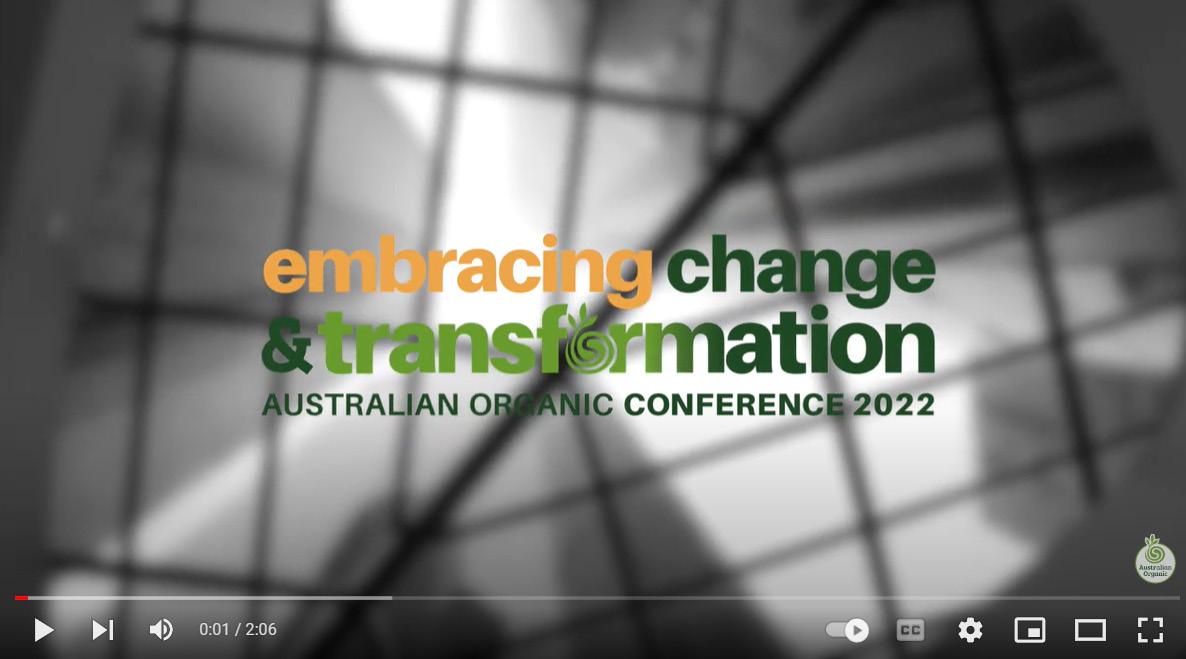



Established in 2018, the 2025 Targets include: 100 per cent reusable, recyclable or compostable packaging, 70pc of plastic packaging being recycled or composted, 50pc of average recycled content included in packing (revised from 30pc in 2020), and the phase out of problematic and unnecessary singleuse plastics packaging.
Australian Packaging Covenant Organisation (APCO), Partnerships and Projects Officer, Lesley Fox, described the not-for-profit organisation’s delivery of the targets, which in part would be implemented with an educational campaign for small to medium-sized enterprises.

“We work closely with businesses of all sizes to provide them with the tools and resources they need to transform their packaging, however we are excited to announce a new campaign to encourage and guide small to medium-sized enterprises to incorporate more sustainable packaging principles into their operations,” Ms Fox said.
“We recognise SMEs often have fewer resources to support the changes they need to make, so one of the key focuses of the campaign is helping them to start using the Australasian Recycling Label on their packaging.
“Knowing what can and can’t be recycled can be confusing, not only for consumers, but for businesses too, and this initiative will help address this issue.”
More and more Australian shoppers are discovering and turning to organic products with every passing year. 58% of shoppers made an organic purchase in the prior 12 months, up from 56% in 2021; but what are the reasons behind this shift?
In Australia, organic products contain no artificial additives, synthetic chemicals or GMOs (genetically modified organisms). This means that by choosing organic, you are opting for a product that was grown the way nature intended, using sustainable and regenerative methods.
In 2022, there are fantastic organic food and drinks options available for breakfast, lunch, dinner and everything in between. Organic cosmetics and textiles are on the market, supermarkets stock a variety of organic baby and toddler food, and of course there’s some great organic choices for your pets too. Some manufacturers of household items have even left behind traditionally synthetic chemical-laden products to create organic alternatives to clean your home and maintain your garden. Regardless of your needs, there is bound to be a certified organic product to suit you.
Not all organic products are made equally. In Australia, the term ‘certified organic’ means the farm, product or service has been independently, third party verified by a government-approved certification body. This means that every part of the supply chain has been rigorously tested and adheres to a strict organic Standard, such as the Australian Certified Organic Standard (ACOS) or National Standard for Organic and Biodynamic Produce (NS). Audits are then carried out annually to
maintain certification.
Certification is so important because currently there is no Australian domestic regulation around the use of the term ‘organic’ on product packaging. This means products can claim to be ‘organic’ on their labels, even if they contain as little as two per cent organic ingredients.
Australian Organic Limited (AOL), the peak body for the organic industry, is working closely with its members and the Australian Government to develop a mandatory standard that will ensure shoppers will always be able to trust a product claiming to be organic. Until then, it’s important to look for certification marks, such as the Bud logo, on organic products.
Australian Organic Awareness Month (AOAM) is the nation’s largest campaign promoting the certified organic industry in Australia. The annual campaign is an opportunity to clarify to consumers exactly what organic means, as well as highlight the benefits of choosing an organic lifestyle.
All month, AOL will be encouraging consumers to look for organic certification logos on their purchases, as well as promoting the certified organic industry across all categories, including fresh produce, packaged food and beverages, cosmetics and skincare, home and garden products, textiles and even pet food! Organic business owners are encouraged to participate in AOAM by hosting events, promotions and offers that might encourage consumers to try an organic option for the very first time.
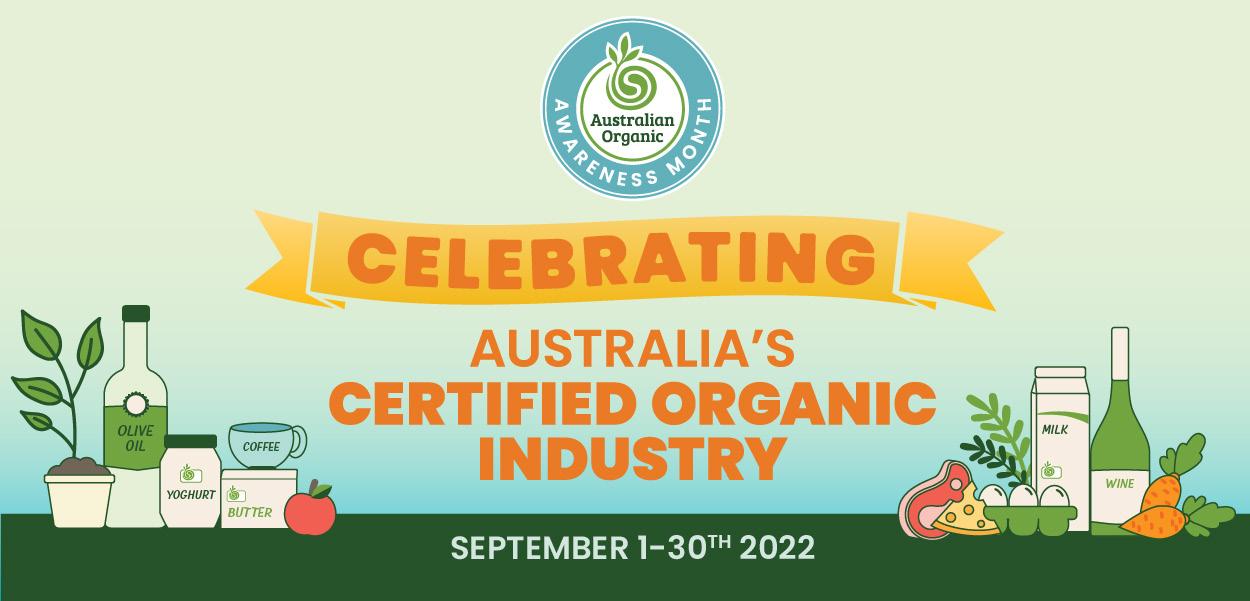
The organic sector in Australia is thriving, but businesses face a multitude of challenges in bringing the highest quality organic products to market. By participating in AOAM and choosing certified organic, you are supporting the farmers, processors, manufacturers and retailers who work hard so behind the scenes to supply the growing consumer base.
Getting involved Australian Organic Awareness Month wouldn’t be possible without the support of a range of certified organic brands who participate as sponsors. Major supermarkets and wholesalers through to independent retailers and stores participate every year. You can visit the Awareness Month website for a full list of participating businesses, and keep an eye out for the AOAM logo in-store and online.
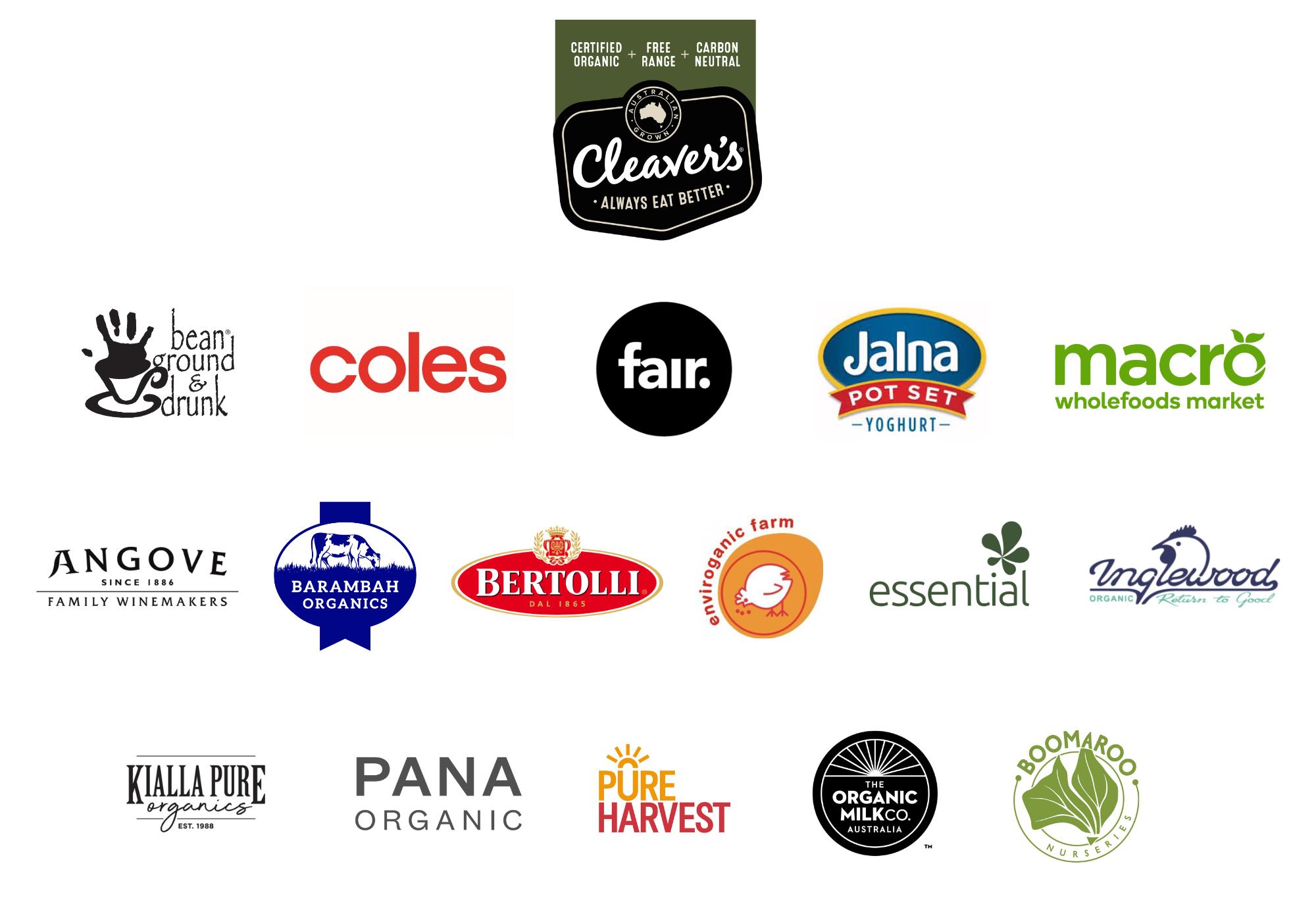
As a consumer, one of the best ways you can participate in Awareness Month is to keep an eye out for the Bud logo and other certification marks. Thousands of certified organic products on sale in Australia carry the Bud trademark logo, and you may not have even known that some of your favourite products are certified organic!
To learn more about how you can benefit from an organic lifestyle including tips, recipes, FAQs and exclusive special offers, visit budorganic.com.au and sign up to Bud Organic Club for free.
Follow us on social media
@budorganicclub, tag #AOAM2022, #ChooseOrganic and #AustOrganic in your posts and share your organic recipes throughout September to be featured on our social media pages.
Key insights from Australian Organic Consumer Trust Survey 2022
58% of shoppers purchased organic in the past 12 months.
63% of shoppers recognise the ‘Bud’ trademark logo.
Data extracted from Australian Organic Consumer Trust Survey 2022, a publication conducted by Mobium Group (Mobium) on behalf of Australian Organic Limited.
Nick co-founded the consumer research consultancy Mobium Group in 2005, who specialise in custom consumer research studies, workshops and presentations across a variety of sectors. Mobium Group oversaw the “Australian Organic Consumer Trust Survey 2022” earlier this year.

Over the past decade the Australian market for organic products has experienced sustained growth.
The uplift in organic market value dovetails into a broader societal trend of heightened consumer interest in healthier, more sustainable products. These attributes are now a mainstream choice factor for many Australian shoppers across a range of categories.
According to Euromonitor [2021] the value of the domestic market for organic food and beverages market topped $1.1 billion in 2020.
Australian Organic Limited, in conjunction with market researchers Mobium Group, has been tracking shoppers’ perceptions and actions about ‘organics’ through regular consumer research going back to 2009.
The latest round of data gathering was conducted in late June 2022 with 1,020 Australian food shoppers aged 18-69.
The insights generated show that the short-term impacts of COVID have subsided with 58% of food shoppers saying that they bought at least one organic product in the prior 12 months, up from 56% in 2021.
Indeed around 80% of Australian shoppers are openminded to buying organic if their specific impediments can be solved.
The price/value of organic products remains a primary constraint for shoppers but many of the other common barriers to increased organic purchasing have been reduced markedly over time.
For example, in 2022 only 15% of shoppers say that ‘access’ (organic products are not available where I normally shop or are not available conveniently) is an issue – down from 50% in 2010.
The research also identified a significant opportunity to enhance shopper confidence in organics. Many express some level of doubt when it comes to purchasing organic products. Just 1 in 5 indicate they have a ‘high’ level of trust. The majority - 55% - say that they have a ‘moderate’ level.
Increasing confidence is important as there is a strong correlation between the current level of trust about
organics and the intensity of buying organic products.
For instance:
• 72% of shoppers who typically spend 50% or more of their food budget on organic products say that they have a high trust level
• 44% of shoppers who say they are not interested in organic products assert they have no trust
Encouragingly, the research shows that majority of food shoppers say that they would like to have access to more information to be more certain about their choices.
High interest topics include:
• How to check if a product is really organic - 79% interested
• What being an organic product means – 77%
• How organic products are healthier – 74%
Other aspects shoppers say can increase the level of certainty in the organic proposition include organic certification marks:
• 88% of shoppers believe that “having a certification logo” to show that an organic product has been independently verified would assist in making an informed purchasing decision”.
• 40% indicated that they would avoid purchasing an organic product if it did not display a certification mark.
In 2022, ACO has consolidated its long-term position as the most well recognised organic certification trust mark amongst Australian food shoppers – with prompted recognition of 63%.
The potential future payoff from improved trust in organic production and products is large.
Engaging shoppers who buy only very occasionally or who are interested but uncertain (accounting for 65% of all food shoppers in aggregate) provides a significant upside to grow purchase participation in the Australian organic market – if they have confidence.

58%
of food shoppers bought an organic product in the prior 12 months, up from 56% in 2021.
Australian shoppers believe there should be legislated standards for organic practices.
Australian food shoppers say they have a high level of trust when it comes to purchasing organic product.
of Australian shoppers indicate quality a roadblock in 2022, reduced from 46% in 2010.
When shoppers were introduced to the meaning of 'having a certification logo', 67% agree that an organic certification mark can enhance the level of trust in products.

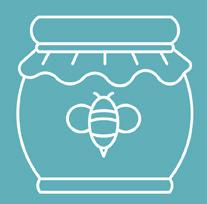


of shoppers recognise the Australian Certified Organic Bud certification logo.
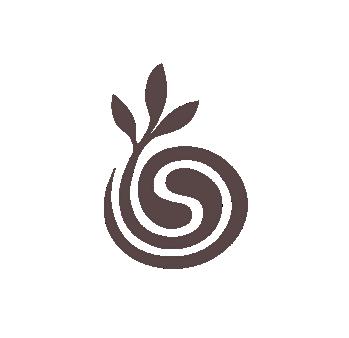

of food shoppers indicated that they would avoid purchasing an organic product if it did not display a certification mark.
of those who have bought an organic product in the past year believe that they have been previously mislead by 'organic' claims made on product packaging.
“Better quality, no chemicals, less packaging, fresh, support local farmers.”
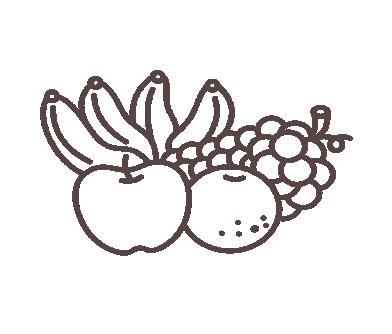
“I became more aware of the amount of chemicals being used in the production of non-organic food.”
“Have done a lot of research and believe organics are better for you and the planet.”
of shoppers who typically spend 50% or more of their food budget on organic have a high level of trust.

“The supermarkets have increased their products to allow us greater choices.”
“When buying food I like it to be as natural as possible with less preservatives and additives.”
“COVID is the reason I started buying organic and growing my own.”
“I am trying to be more sustainable in more purchases and buying organic and local produce is one of these ways.”
Martin is Chairman of Australian Organic Ltd. He joined the Flannery franchise group of stores with Mal Flannery in 1993 and was Managing Director and equal Partner until 2008. He also created Daintree Organics and holds a stake in United Organics, a certified organic fresh produce wholesaler based at the Brisbane Markets.
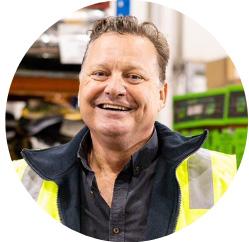
AOL: For fruit and veg farmers on the East coast, the two floods in 2022 have had a massive impact. Can you summarise how this has impacted United Organics and consumer access to fresh organic produce?
MM: It has definitely been harder work than usual, but we have still been able to supply organic consumers with a great range of fresh organic produce. There’s no doubt that pricing has been more than we’d normally see in some cases, with products like zucchini and salads some of the hardest hit. It’s not just the organics sector that has been impacted obviously, and we have even seen conventional buyers opting for organic silverbeet as it is cheaper than the alternative at the moment - so there are some silver linings.
Broadly speaking, we’ve seen fruit and vegetable prices rise 7.3 per cent over the year to June 30, this highest inflationary price rise of any group (apart from petrol). How much of this is down to general inflation, and how much is the flooding we had earlier in the year mitigating supply?
The floods have had a massive impact for Qld and Northern NSW, that much can’t be denied. Inflated prices are due to a variety of factors though, particularly the input costs that farmers are up against. Be it fuel, electricity or fertiliser, prices are going up across the board in a bit of a perfect storm for the industry. Logistics around transport are a significant factor too, both in terms of container costs and the lack of availability of shipping options, both domestically and for exporters. So all of these factors are playing a part in rising costs at the moment, and I just think we all have to manage our expectations in the short term.
Because of rising labour costs and the more labourintensive nature of organic agriculture, it stands to reason that the organic industry is more impacted by staffing shortages. Is that true of fruit and veg?
Definitely, and the uncertainty around being able to procure the right number of staff is a challenge for farmers planning for the season ahead. I’ve spoken to some farmers about the current season, and they’ve said that they would have been better off not planting at all when they consider crops going to waste. It’s an ongoing issue for both conventional and organic farmers that many people are working hard to come to terms with.
The idea going around is that fruit and veg prices will start to ease in the coming months. What do you anticipate spring and summer has in store for us generally? Are they predicted to be strong seasons for supply, or is it too early to know at this point?
I think we can expect improvement in the months ahead. Farmers down south will begin producing in Spring and a lot of the shortages we are seeing will lessen in mid to late September. For Queensland farmers who have had their season wiped out by flooding, they will at least have plenty of water to see them through the seasons ahead, so they can hopefully make up for lost ground quickly.
Any final thoughts on consumer trends in organics, or how we should approach the future?
You can see that consumers are more aware, more educated, and there does seem to be higher demand for organics. The challenge for wholesalers like us is ensuring that we are certain we can keep serving existing clients to the highest possible standard before taking on any new ones.
I think supermarkets and consumers should use these challenging times to re-assess. How visually perfect do we need our produce to be? What does it matter if there are a few imperfections? Produce is grown outside, in the elements. Lettuce doesn’t come from a lettuce factory, it’s grown by farmers who are doing the absolute best they can in challenging circumstances. When times are tough, it’s important we keep perspective and keep the faith.
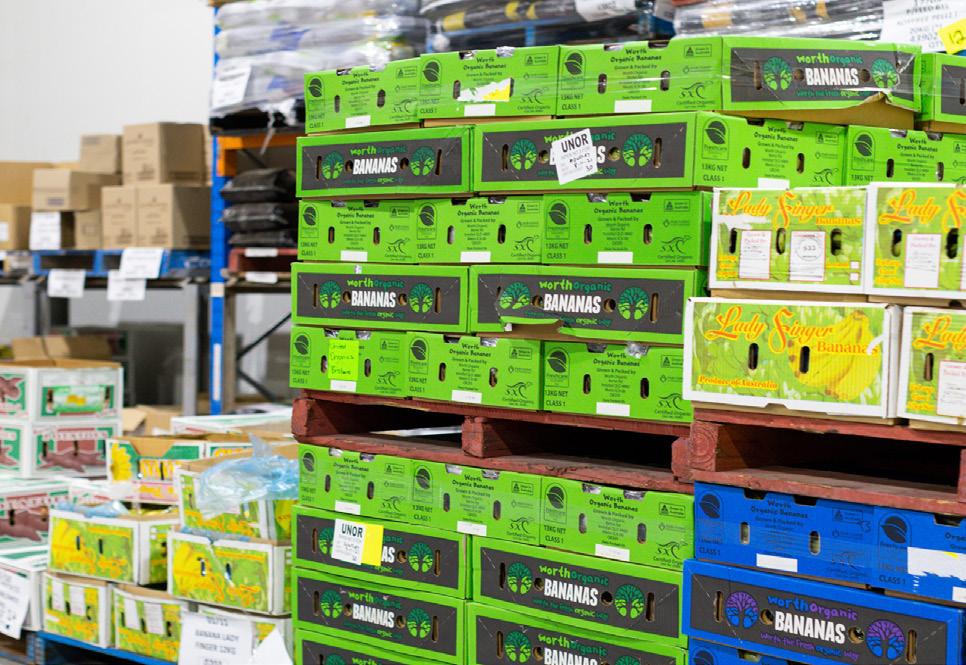
Cleaver’s meat comes from dedicated Australian farmers, who take a whole system approach to their organic farming, putting an emphasis on animal welfare, sustainability and ecologically sound practices. They are committed to providing the highest standards in meat quality and ethical production.

Cleaver’s offers the popular fresh meat cuts along with a range of delicious and convenient products, including the award-winning beef sausages, lasagne, hotdogs, and chicken nuggets. Cleaver’s organic meat is always sourced from animals that have been humanely raised in a free range environment.
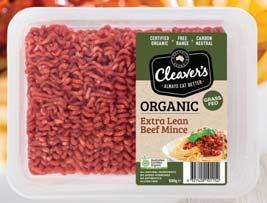
Cleaver's organic products meet the following standards:
✓ Carbon Neutral
✓ Outstanding Animal Welfare
✓ Grass Fed and Finished
✓ No Added Hormones
✓ No Antibiotics
✓ No GMOs
Cleaver’s is better for you, the animals, and the planet. Always eat better with Cleaver’s.
To find stockists near you, visit
cleaversorganic.com.au/stockists/
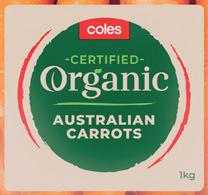
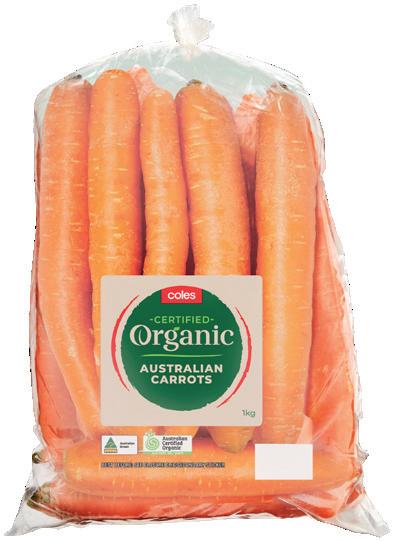
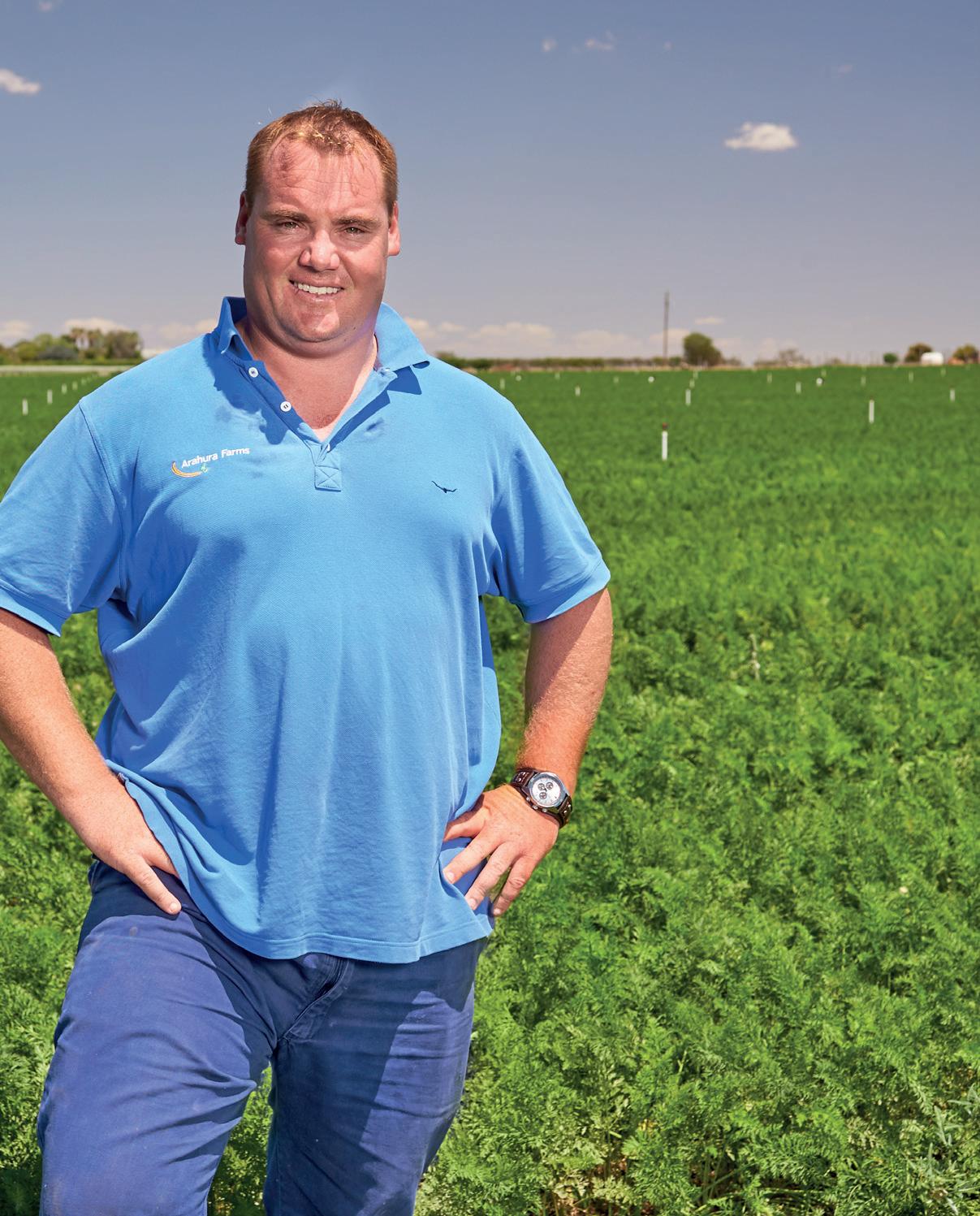
Sean is a 2nd generation farmer, who worked with his parents to build the business from the soil up. Now their 700-acre farm is dedicated to growing organic veggies all year round.
Using state-of-the-art technology to farm, Sean says, “Weeds are out biggest problem on the farm since we don’t spray herbicides.” Instead, he uses autonomous robots which utilise steam technology to kill weed seeds before they even grow. Even his irrigation system is controlled from his mobile phone.
He invests heavily in the soils by adding compost, and growing cover crops. By adding compost and growing another crop, then ploughing it in, biomass is added to the soil making it rich in organic matter and nutrients. And great quality soil grows great quality organic veggies.
While we were outside of growing season, the Angove vines still made for a beautiful backdrop.

As part of our Australian Organic Awareness Month campaign, we are excited to announce that a segment on certified organic will be featured on Australian’s Number 1 lifestyle program, Better Homes & Gardens! The segment was recorded in August at Angove Family Winemakers, in the famous McLaren Vale wine region of South Australia.
‘Fast Ed’ Halmagyi cooked two recipes featuring organic ingredients as part of the segment; a butterglazed rotisserie chicken with cheesy polenta, and
a mocha-almond pudding with mango-raspberry sauce.
A selection of Ingredients from Australian Organic Awareness Month sponsors have been featured in the recipes, so here’s hoping that the Better Homes and Gardens audience enjoys it and learns a thing or two about the organic industry during the segment.
The episode of Better Homes and Gardens will air at 7pm on Friday, 23 September, on Channel 7 or 7two depending on your state. Make sure you tune in to watch, but you can still catch it later on 7plus if you miss it!

Our team had a chance for a quick interview with Ed Halmagyi between takes. Ed is a much-loved TV chef, photographer, author and baker, and has been a mainstay on Better Homes and Gardens since his first appearance in 2003.

AOL: It says on your website that your motto is ‘When you do less, the ingredients can do more!’ This idea of simplicity is at the core of organics, which is all about reducing inputs as much as possible. Have you had much experience cooking or baking with organic ingredients during your career?
ED: Absolutely, anyone who is really committed to the idea of cooking excellent food will select ingredients on the basis of their quality and their environmental impact, because if you want great food in the future you have to support the great providers now. Often this does mean deliberately choosing organic ingredients because you’re getting that combination of culinary excellence and agricultural commitment. With organic you’re making a commitment to the land, and it means you may have some inconsistent outcomes from time to time. However, as more and more farmers develop their skill set of binding together quality consistent outcomes with a commitment to best practice farming, I think we’ll see the industry keep developing so that chefs like me have more and more great organic ingredients to play with.
AOL: We know you’re really passionate about using fresh, seasonal Australian produce as much as possible. What is your impression of organic ingredients in Australia, and what challenges do you see?
ED: In my job, I have the great fortune of being able to hand select everything that I cook with. As I cast my eye over what is available on the organic market at the moment, it’s probably an 80/20 rule, where 80% is brilliant and I can absolutely cook with – but there are some misses, even if the miss rate is probably higher when it comes to conventional farming. The issues stem from challenges with organic production around pests, as well as the degree of shipping and storage involved in a country as big as ours, where some products lose a bit of their natural elasticity. If you can find stuff that’s truly local, that’s fantastic.
The vast majority of organic farmers are doing a really brilliant job within the confines and natural parameters that exist for organic production. I think what needs to be redefined are consumer expectations, so we can cut down on food waste and value our natural ingredients that little bit more.
You can follow Ed @fastedmedia on Instagram or visit his website for heaps of great recipes and perspectives on cooking.
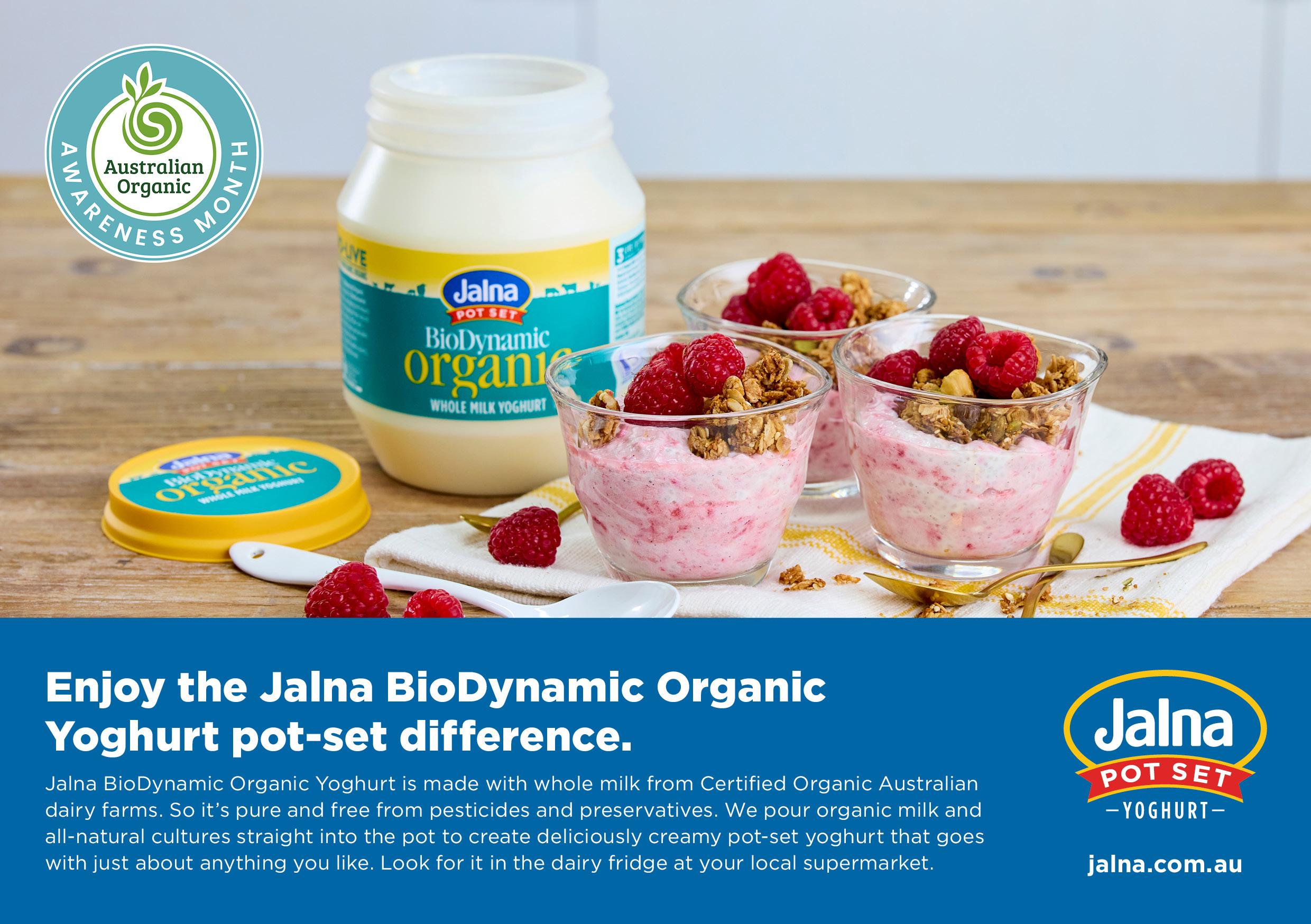
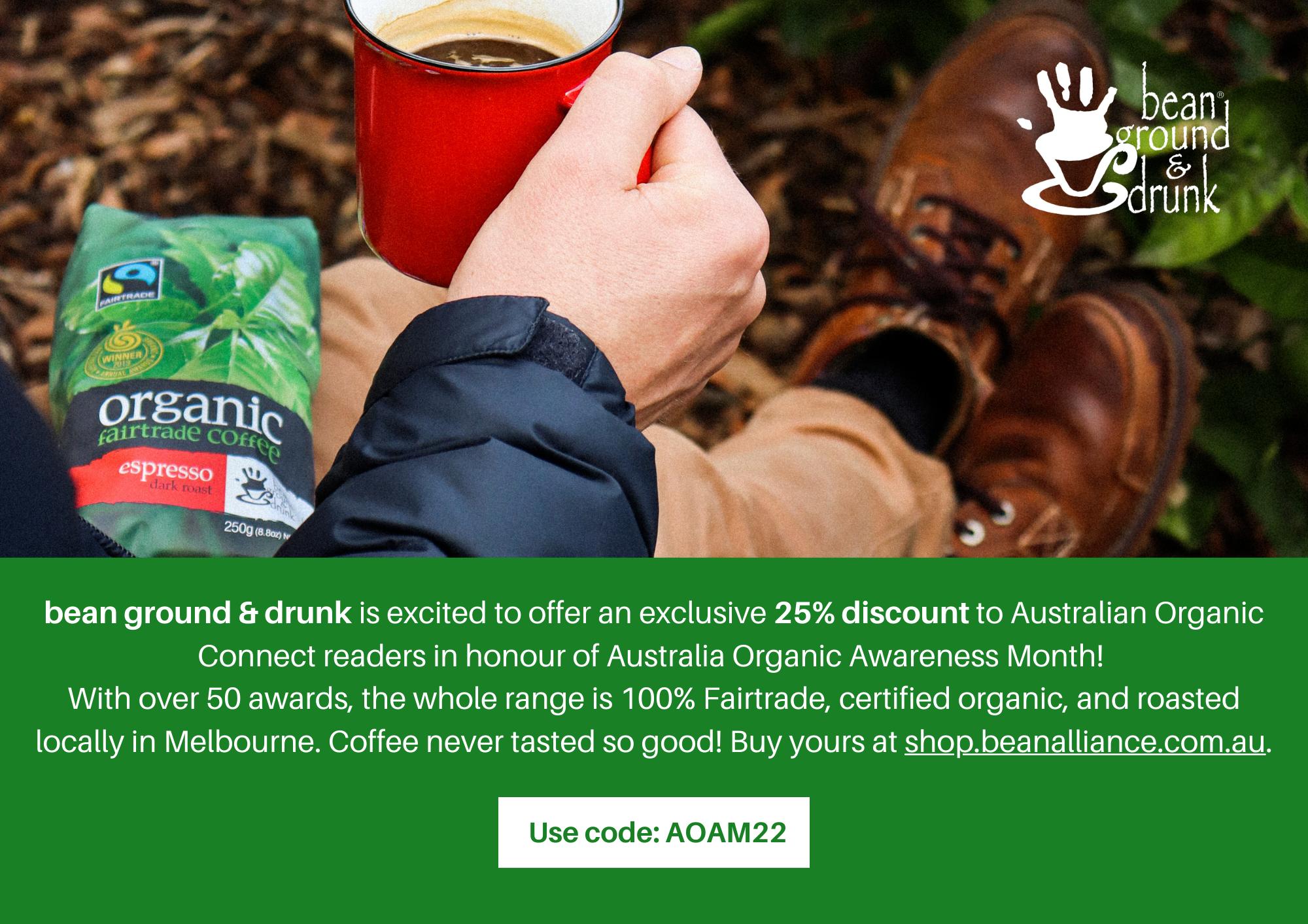
Cleaver’s is so delicious because they leave it to nature.
Their selection of certified organic, free range and carbon neutral meat comes proudly from dedicated Australian farmers who always raise their animals in the most natural way possible. All cattle and sheep are grass fed and finished to guarantee their unique natural flavour. The chickens are also allowed to roam freely on dedicated grass forage areas, living as nature intended with fresh air and sunshine.
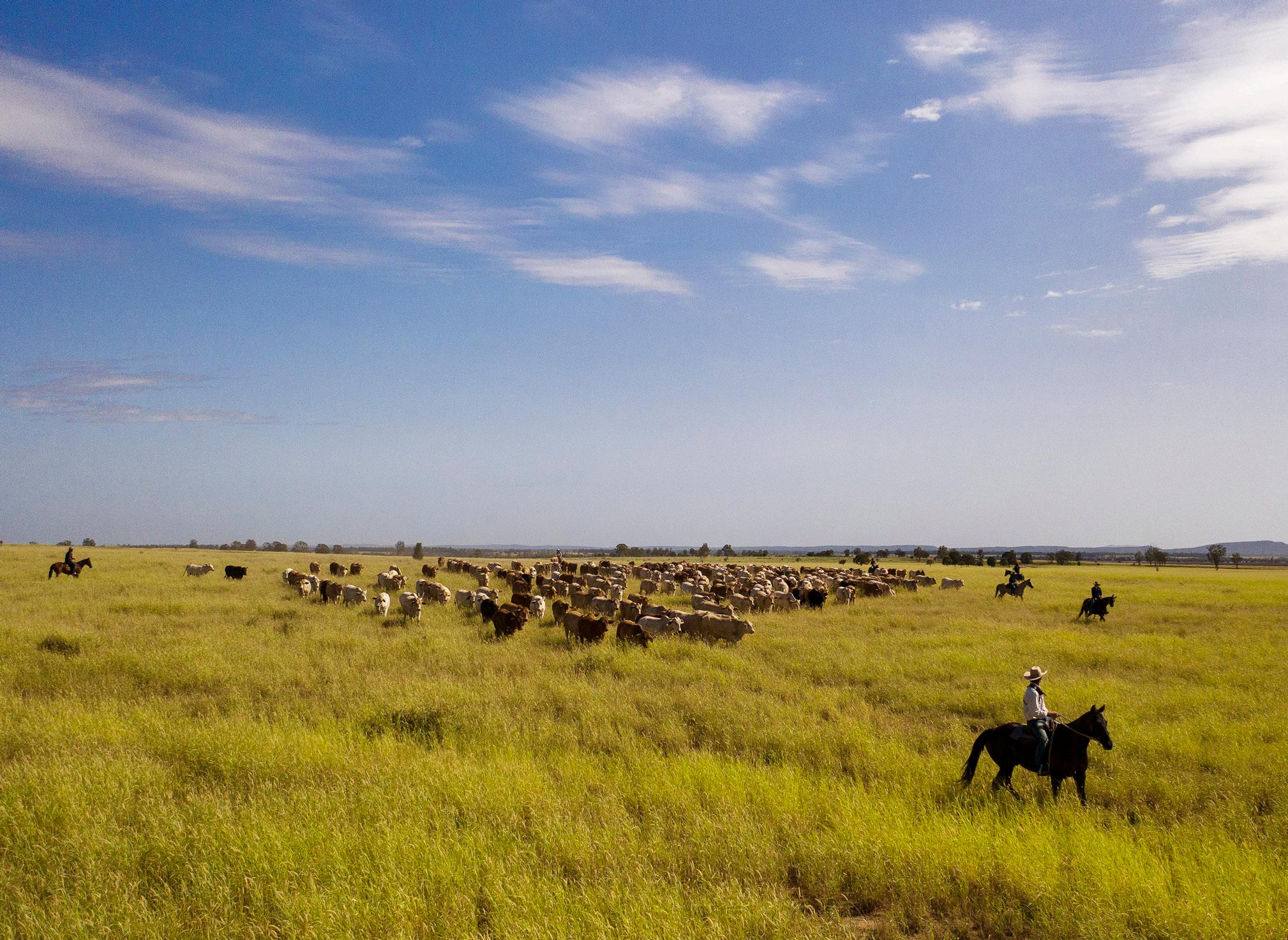
Only being certified organic guarantees that they have never used GMOs, added hormones, antibiotics or synthetic chemicals - ever.
Cleaver’s has the highest level of Animal Welfare, which is better for animals. Shortly Cleaver’s will be making an announcement about an additional animal
welfare certification to add to their credentials. Their deep focus on employing Regenerative Organic farming practices and their Carbon Neutral certification mean that Cleaver’s products always touch lightly on the planet, and they are always looking for ways to improve.
You’ll always eat better with Cleaver’s. Cleaver’s products are stocked in hundreds of Coles stores as well as leading independent supermarkets across Australia, including Harris Farm Markets and IGA stores. Many of these retailers also offer online purchases for your convenience.
For more information on what makes their products better for you, the animals and the planet, please visit www.cleaversorganic.com.au
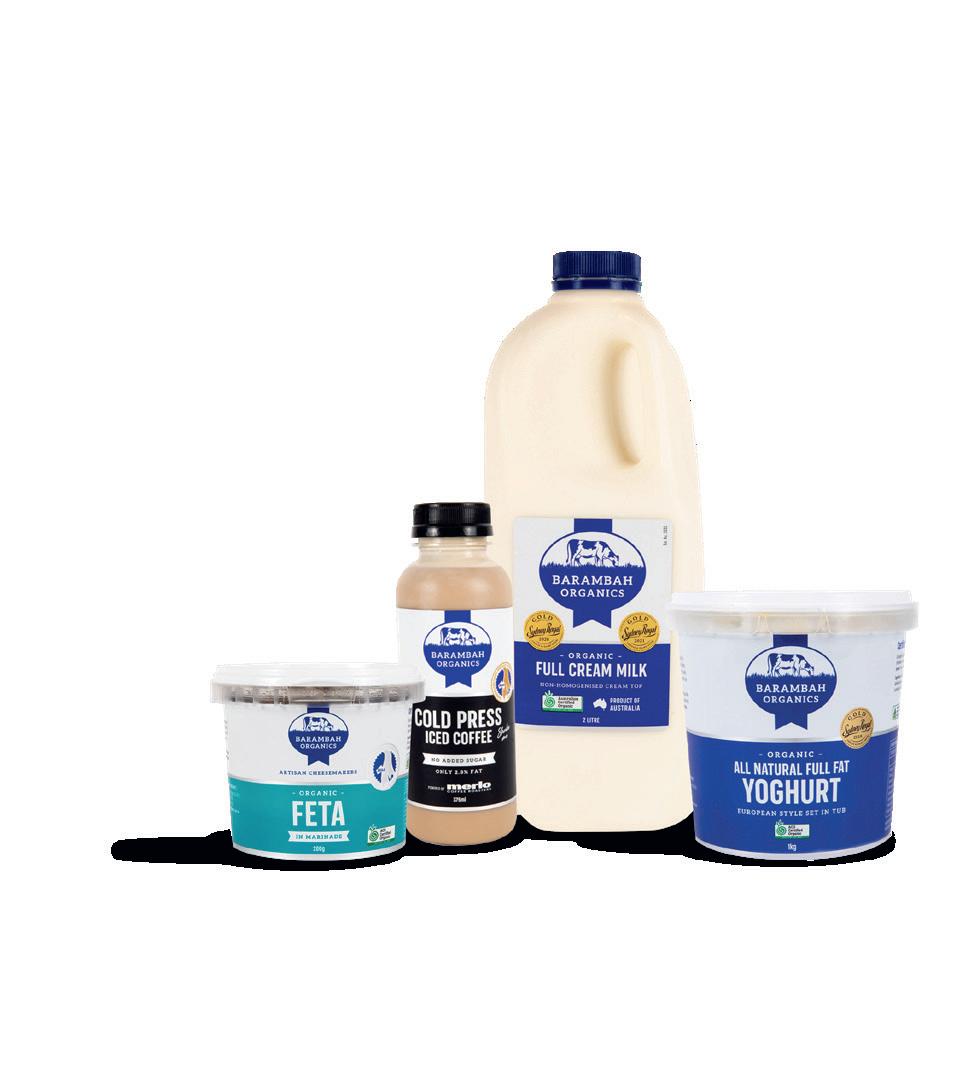
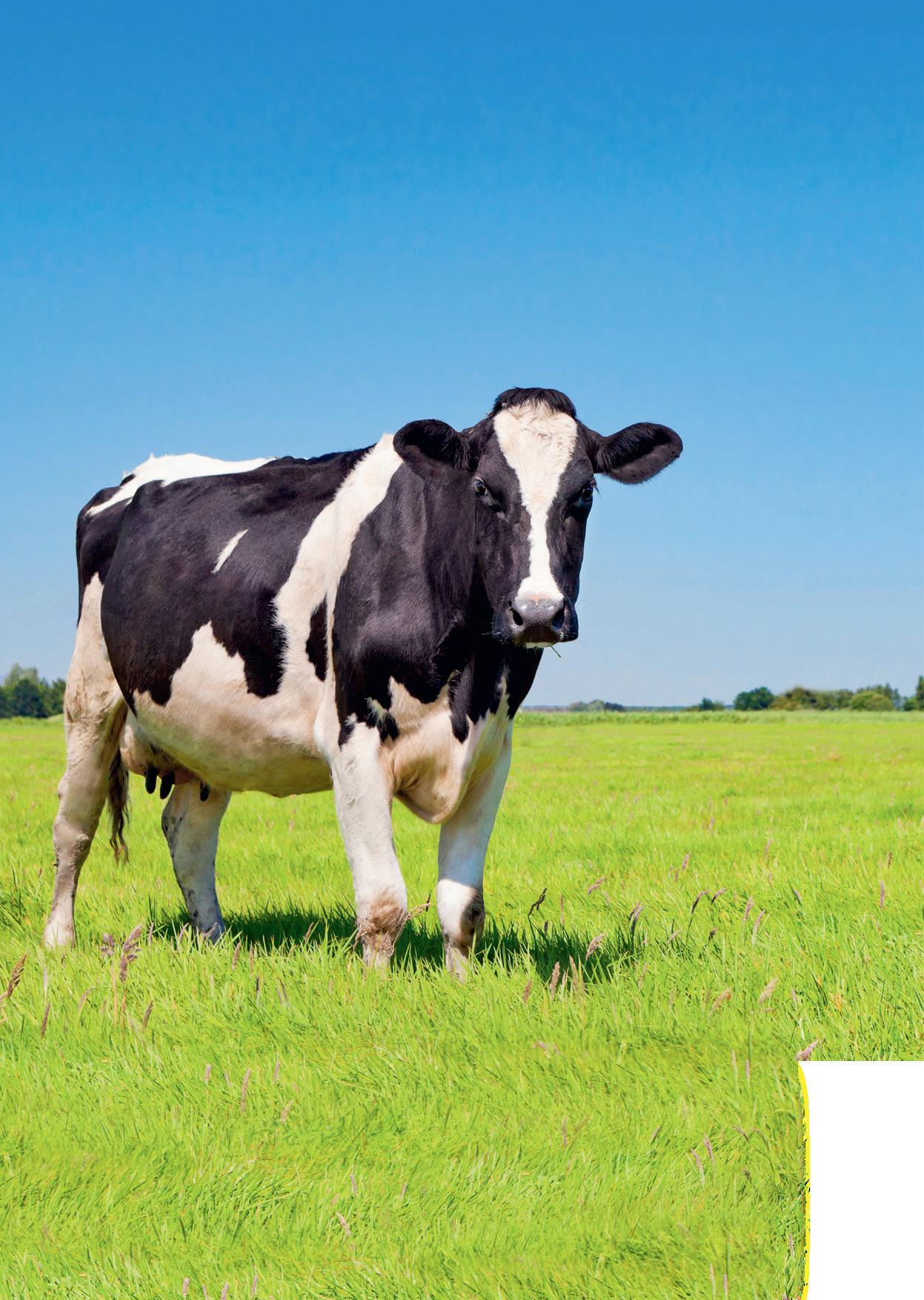
Find out more at barambahorganics.com.au
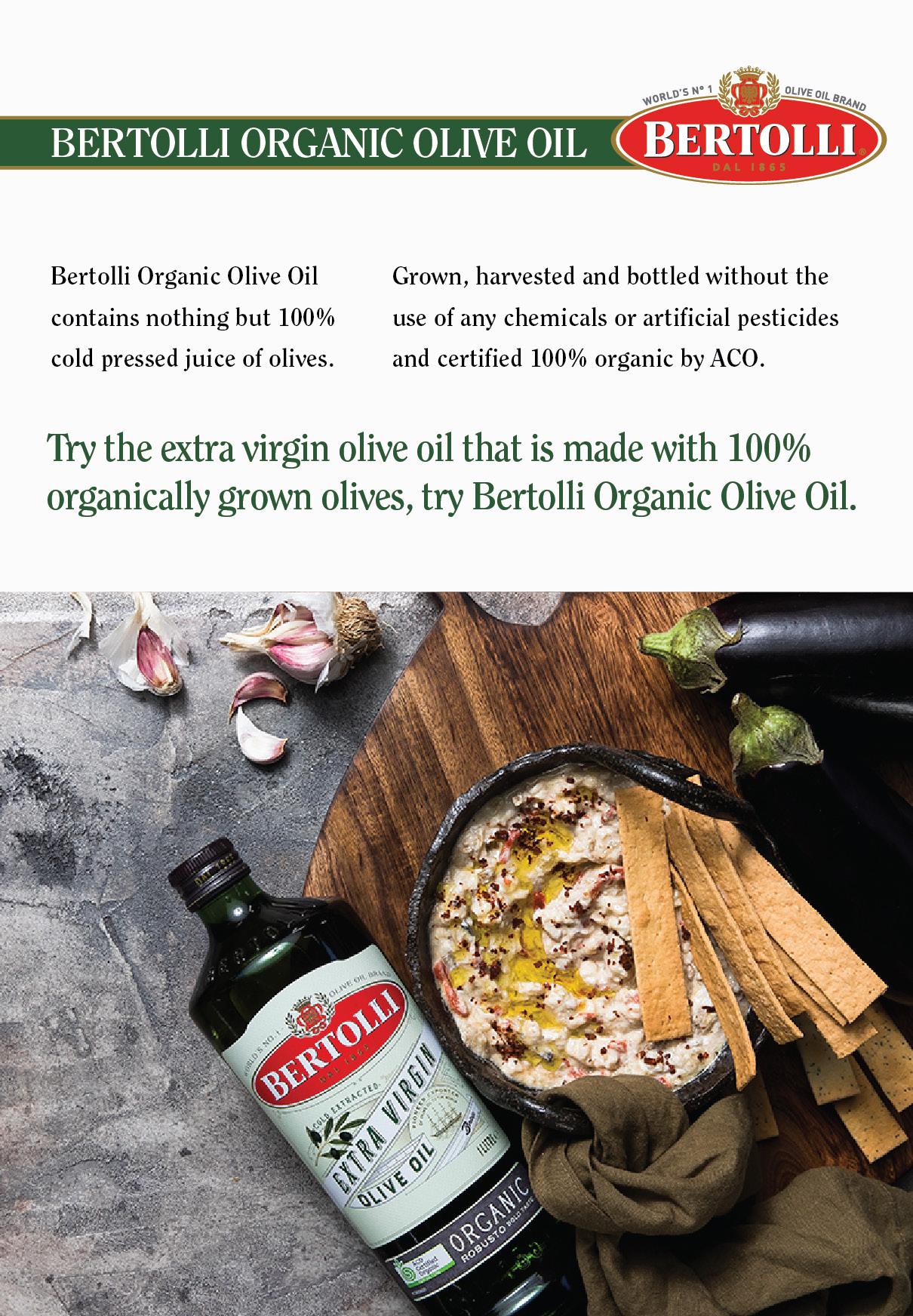
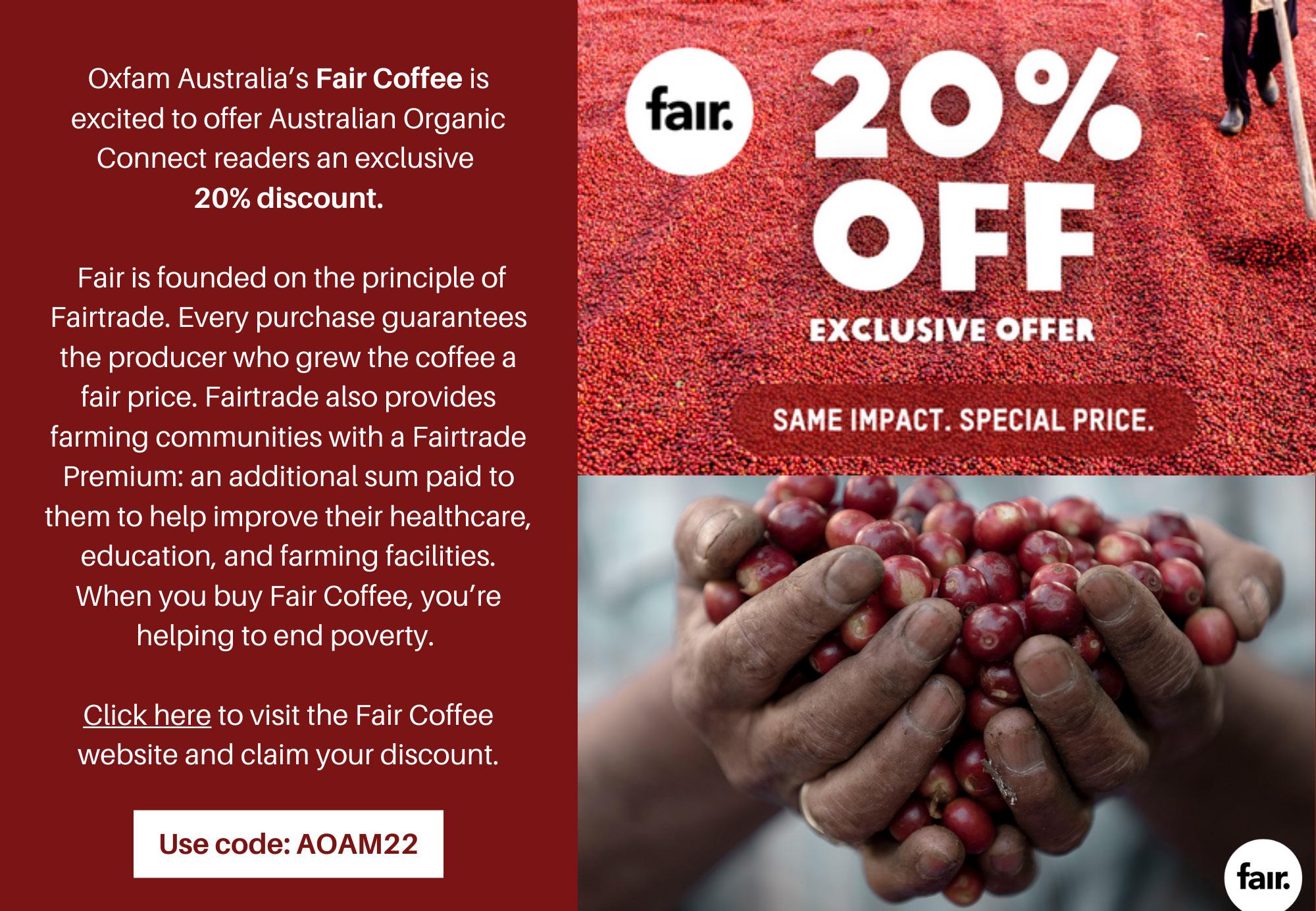
is meant to be.
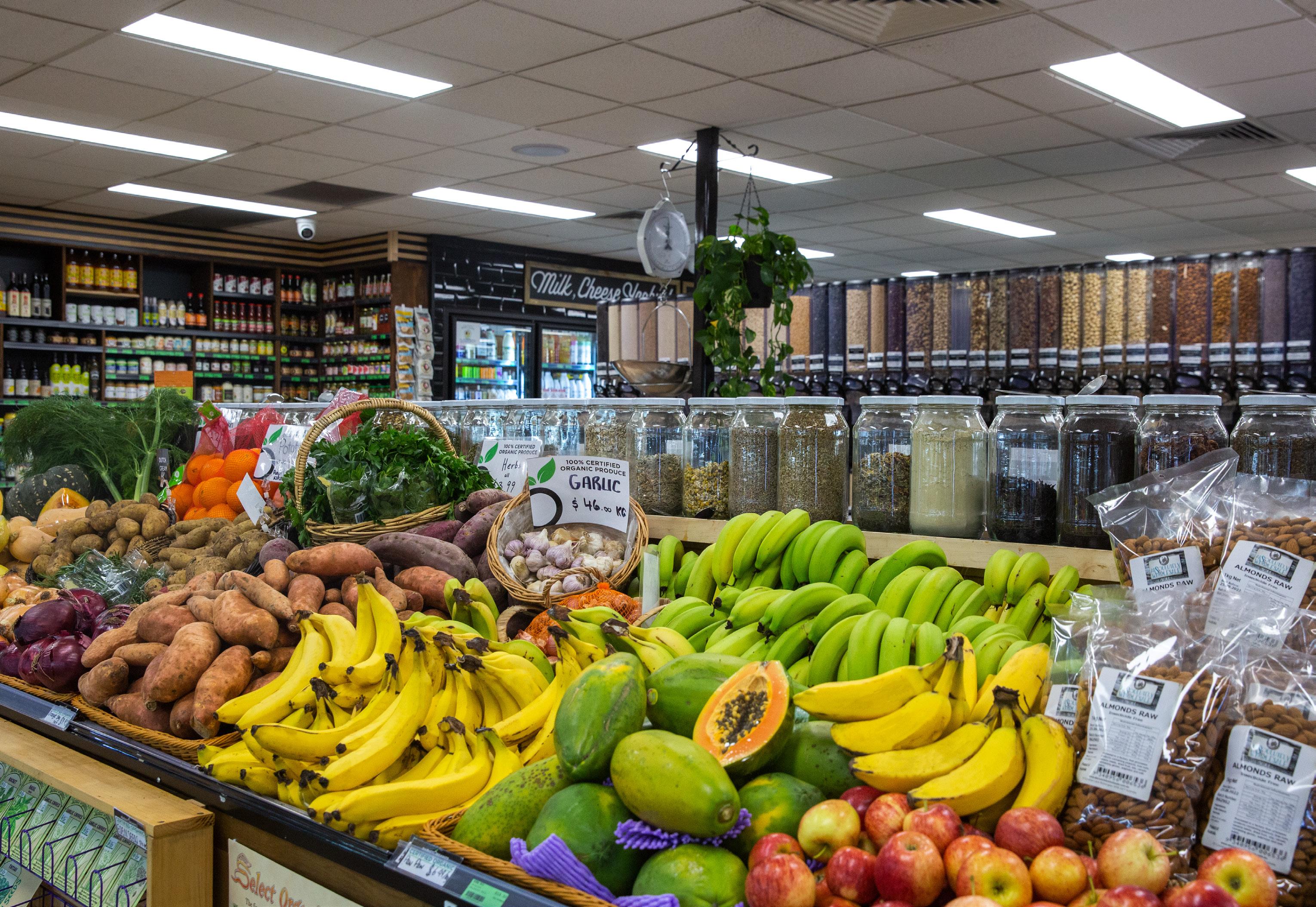
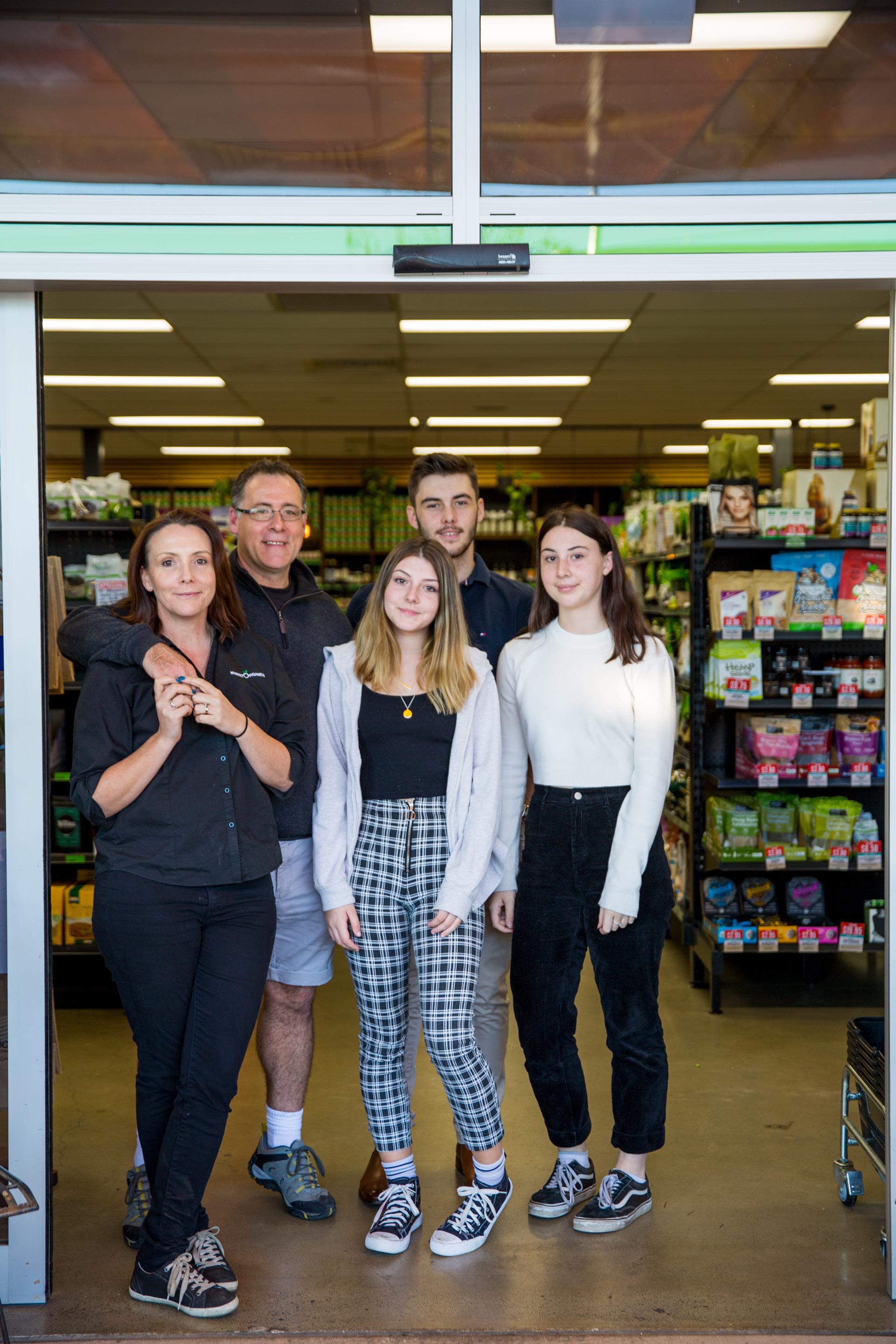

Applications are open across nine categories for the Australian Organic Industry Awards 2022, AOL’s annual event that is all about recognising and celebrating the accomplishments of businesses and individuals in the organic space.
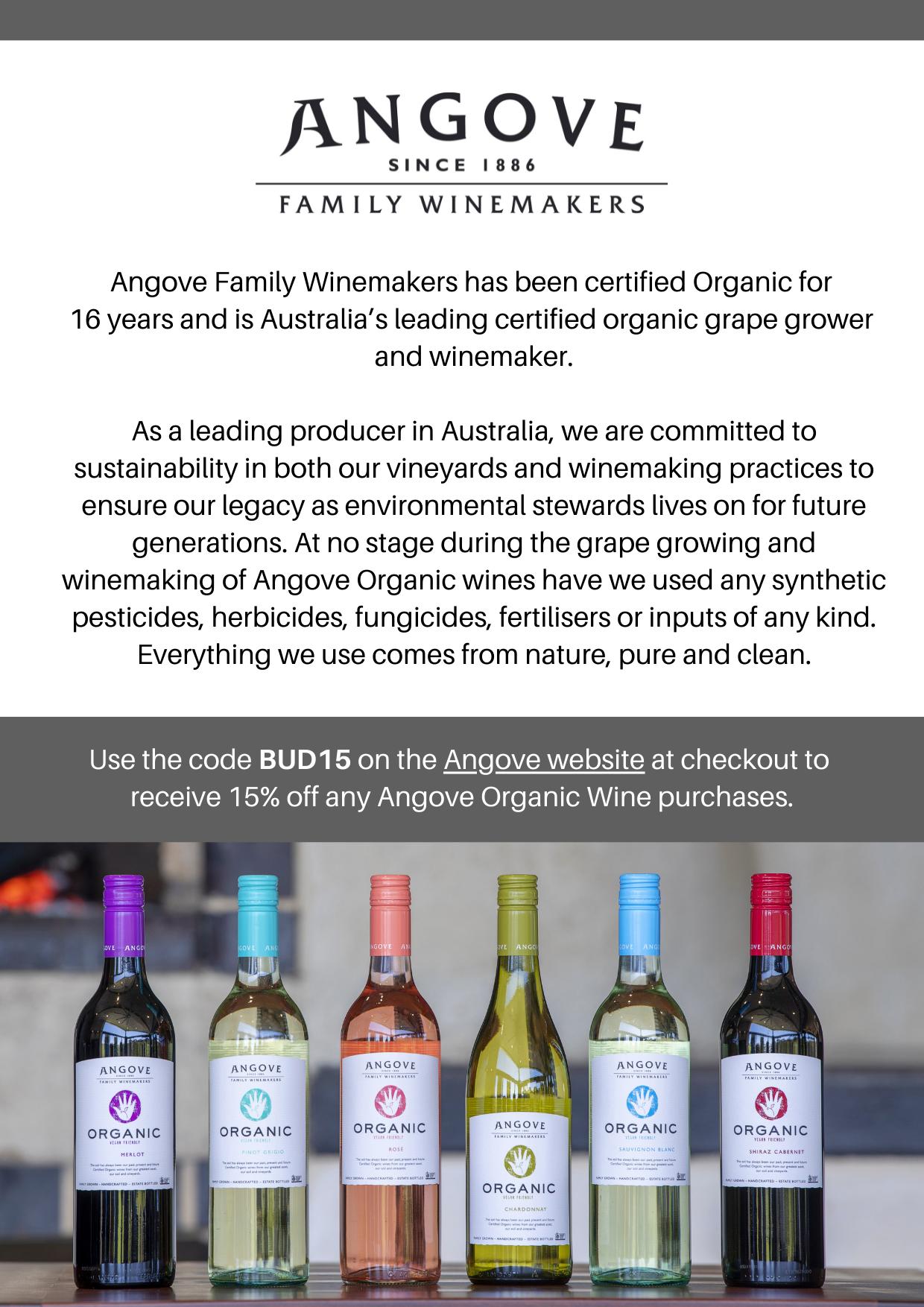
You can apply on behalf of yourself or your business in any of the nine individual or industry categories below, and it’s free to enter for AOL members. Visit our website for more information and remember to submit your application by Wednesday 14 September!
SUBMIT YOUR APPLICATION
Individual Awards Young Organic Leader Organic Woman of the Year Trailblazer of the Year Farmer of the Year
Industry Awards New Product of the Year Innovation Award
of the Year Brand of the Year Business of the Year
At Inglewood Organic, we are always looking for more efficient, sustainable ways to get our chicken from the paddock to your plate as fresh as possible. We love to see our birds flourish in the free-range environment and believe that it is the key to flavoursome, lean meat. We not only practice organic and free-range farming; we also take into consideration the way our food is grown and handled throughout the whole farming system. Only natural remedies are used, ensuring a clean and healthy protein option resulting in environmentally sound farming methods to ensure a sustainable landscape for the future.
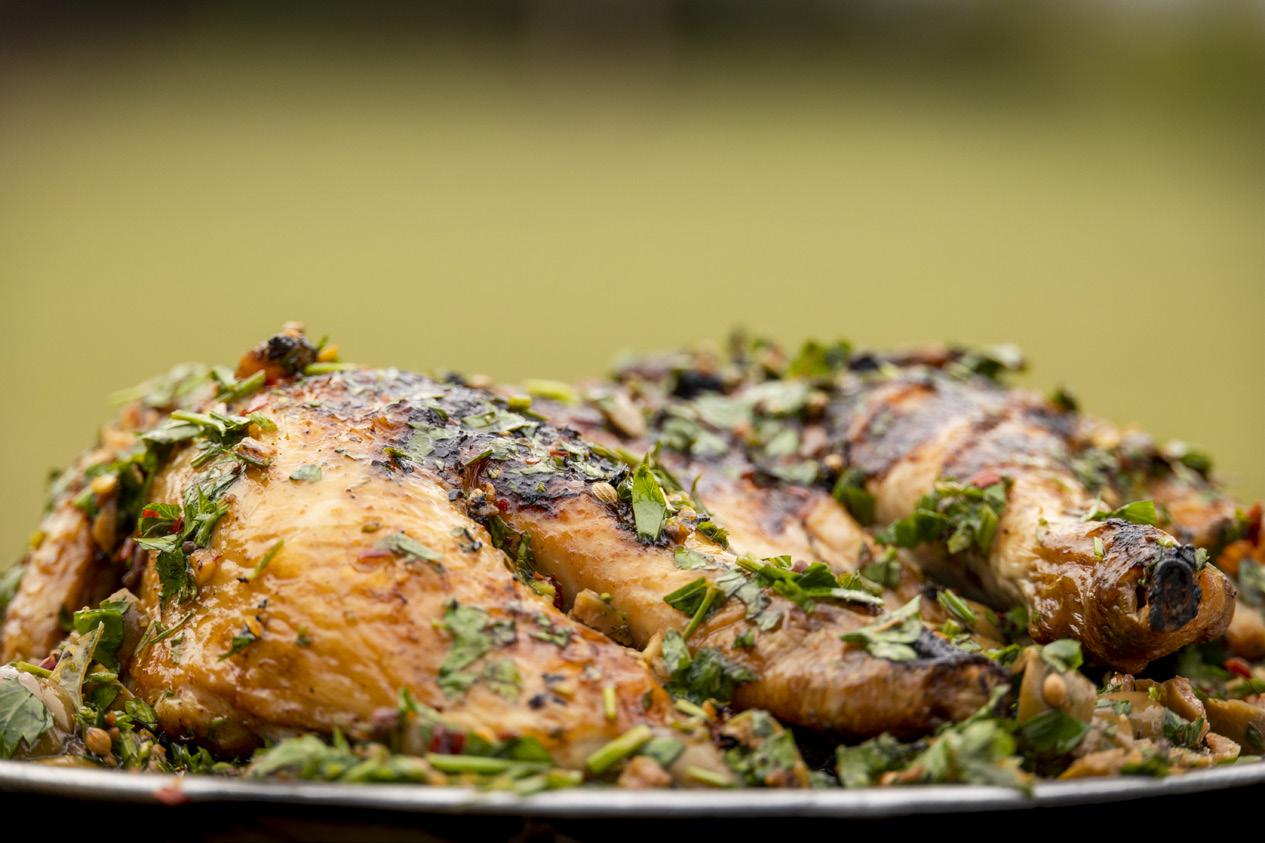
The Grain Committee’s activities have been largely in the R&D space in this quarter, with AOL staff engaging with researchers for on-farm drought resilience trials. Understanding producer numbers and size to enable increased R&D spend in organic production systems is also underway, noting there are many producers not part of AOL membership that are members of other groups. Anecdotal evidence suggests that much like conventional agriculture, growing conditions have been good or too wet across winter crop planting areas. This has subdued price expectations, but from the grower’s perspective this will be overcome by yield increase.
As has been the case for many years, interest in multispecies forage-based systems is increasing, with a growing number of participants conducting their own trials and observations. This provides both opportunity for soil health and resilient farming systems, but may well challenge volumes of grain-only organic farms, as well as grain volume if not integrated into rotations successfully.
There is plenty more for the Grains Committee to discuss going forward, guided by four key areas of work;
1. Improving viability and appeal
2. Maintaining credibility and quality
3. Foster information sharing and education
4. Nurturing industry engagement.
On the topic of industry engagement, a dedicated session titled ‘Can you grow soil and profit within organic grain?’ was featured at the Australian Organic Conference on July 22. Thanks to Dr. Lukas Van Zwieten, Ian Moss and Stuart Larsson for their excellent contributions on the relationship between soil carbon and profits in organic cropping.
The activity of the Horticulture group flowed on from the Toowoomba session where some issues troubling the industry groups were discussed at length to focus on activities for the first Australian Organic conference.
The committee felt that the breakout session that was allocated to us would be a good opportunity the get a variety of opinions from all sectors of the Organic horticulture from certification to producers and service providers to retail and processors of organic produce.
It was proposed that representatives from each sector would speak on their experience about what was working well for their sector and what was limiting growth of their sector and how potentially as a broader industry we could help organic horticultural producers to manage these limitations.
As the conference drew closer our contribution to the conference was changed to a slot in the main body of the conference and we were asked to change our horticulture session. The phase 2 contribution was based around the ethical sourcing and management of labour for horticultural enterprises.
This session was to be led by David Keens a valuable member of the Horticulture advisory committee and introducing Sachin Ayachit from Fair Farms. This session like all the sessions at this year’s conference went very well and focused a positive light on our industry in my opinion.
A large percentage of our committee travelled to Brisbane for the conference and actively participated in all sectors of the event.
The ambition of the Horticulture advisory committee is to work toward a face-to-face meeting to tackle the issues identified in our strategic plan as well as investigating some practical examples of ways to move organic farming forward and better meet customer requirements.
The LAC Chair presented to the AOL Board Meeting in May regarding the emerging biosecurity threats FMD (Foot and Mouth Disease) and LSD (Lumpy Skin Disease), possible control methods and the risks to organic producers. Follow up information for the Board on these and the Varroa destructor mite outbreak affecting bees was then provided.
FMD and LSD are not currently detected in Australia, but extensive activities are underway from Animal Health Australia, the Federal Department of Agriculture and each State and Territory Primary Industry Departments to ensure the highest levels of biosecurity controls exist.
Organic Livestock Producers are advised to contact their organic certification body on the compliance for use of anti-viral sanitisers on handling equipment, as a further on-farm biosecurity measure.
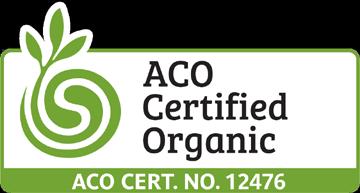
The LAC will convene shortly for further discussions related to FMD and LSD plus the ongoing issues of livestock travel times and grain safety along with the strategic planning process.
The Vigneron Advisory Committee’s main objective for this quarter was to deliver a thought-provoking session at the AOL Conference held in July. The topic of Sustainable Packaging Options for the Wine Industry was chosen given its relevance to industry and consumers right now, and its connection into the theme for the conference of ‘Embracing Change and Transformation’.
Experts in the wine packaging field were chosen to examine the research that’s been undertaken, the rise of ethical consumerism, and how this feeds into the opportunity for new packaging solutions.
The panel consisted of:
• Kieran Hirlam – Affinity Labs formerly AWRI
• Sarah McElholum - Group Sustainability & Quality Manager – Endeavour Group
Michael Rogers - Cutler Brands Pty Ltd
Panel Chair, Mike Bennie - P & V Wine + Liquor Merchants, wine show chair and journalist
The summary - little innovation has occurred in wine packaging in 250 years. Yet, much innovation has occurred in the way we grow, make and understand how wine behaves. The panel explored what is the latest in innovation, cardboard bottles, the bag in box (cask), tetra pack, the can and the pouch, as a few examples. The question was raised; “Is the glass bottle, cork and screw cap still fit for purpose”? And if so, in its current form can it be completely recycled?
In conclusion there is much more to be done. The major retailers like EGD are certainly active on this space as are many of our producers.
Two questions remain. Are the consumers ready? And, does Australia have the capacity to recycle adequately what we currently produce?
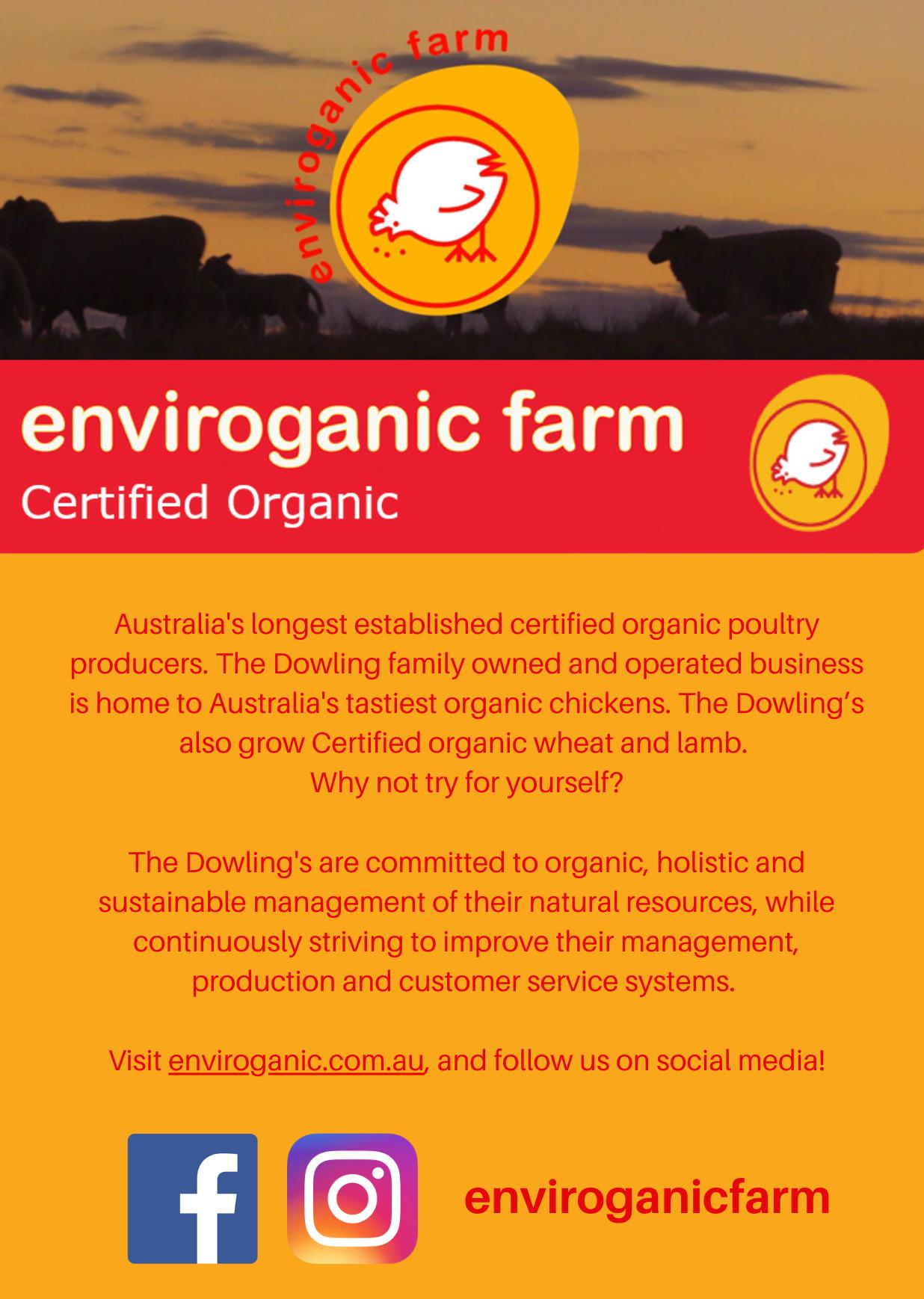
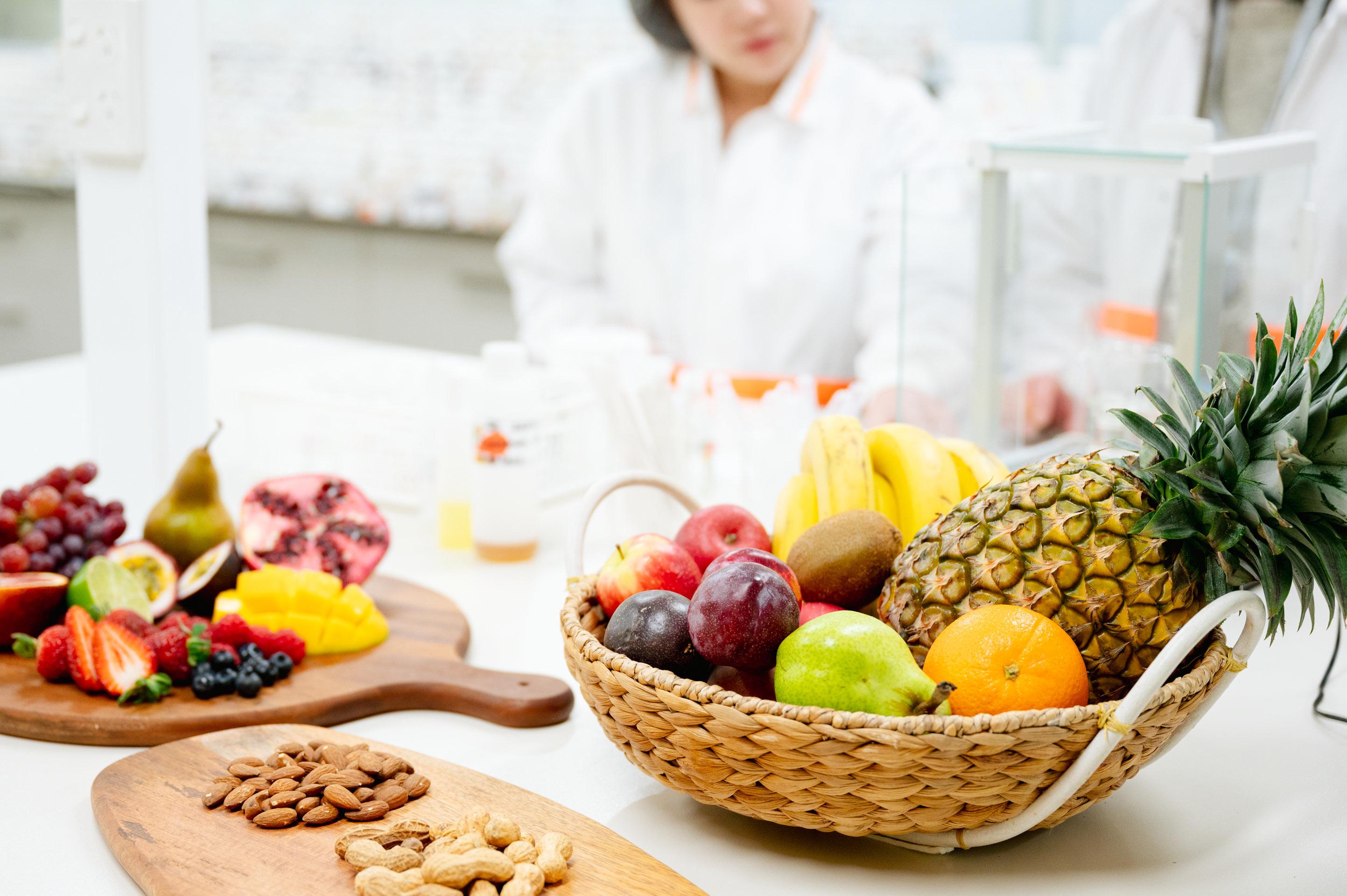 By Essential’s Team In Melbourne
By Essential’s Team In Melbourne
Spring is the season of new beginnings, with certified organic businesses across the country gearing up for warmer months ahead.

For consumers, it can be a fantastic time to reflect and try out new organic products and businesses that may have a positive impact on your lifestyle.
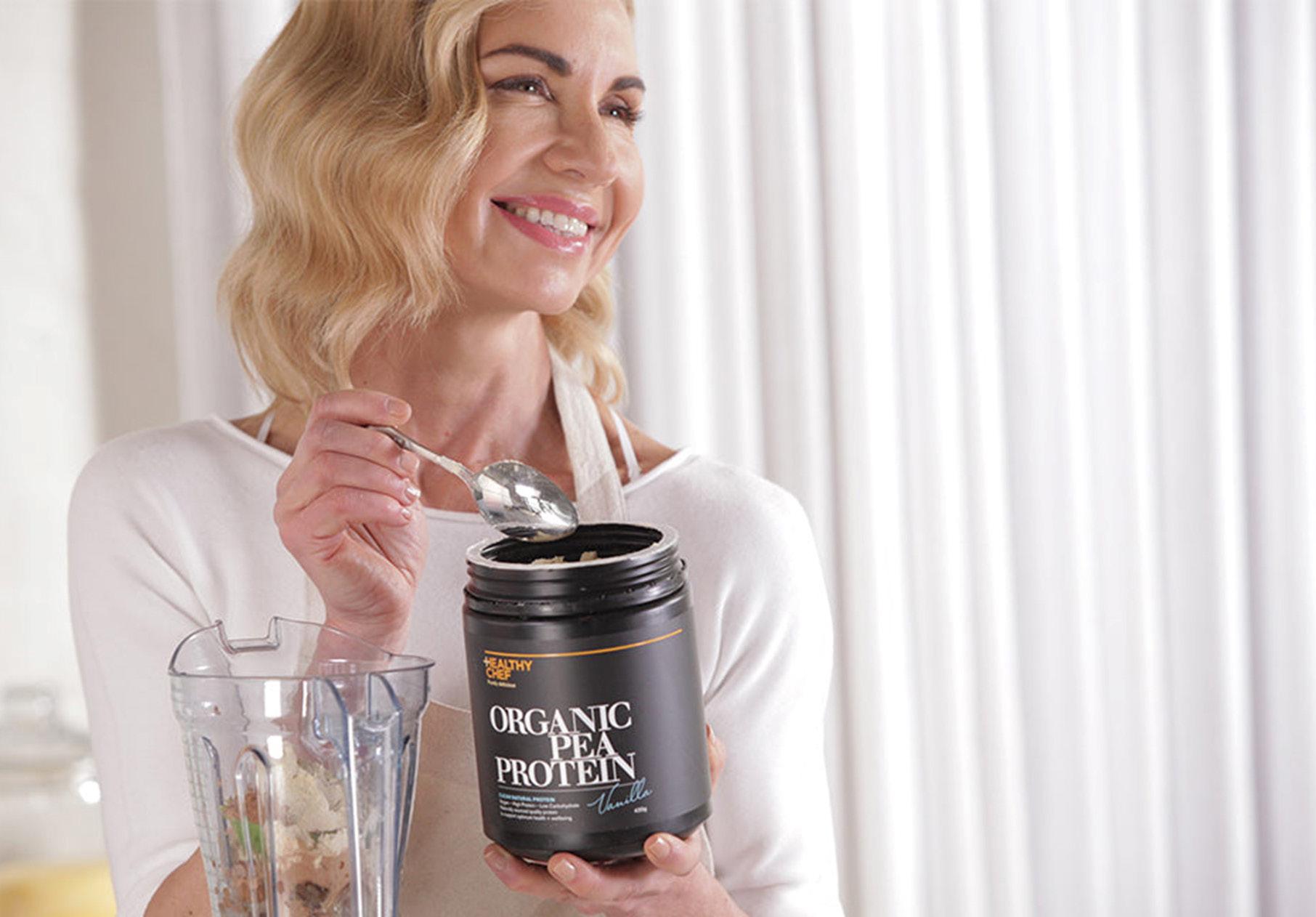

In this issue, we have profiled five certified organic operators from across Queensland and New South Wales that you should know about. These businesses range from rural farms and processors to city-based providers of organic foods and treats!
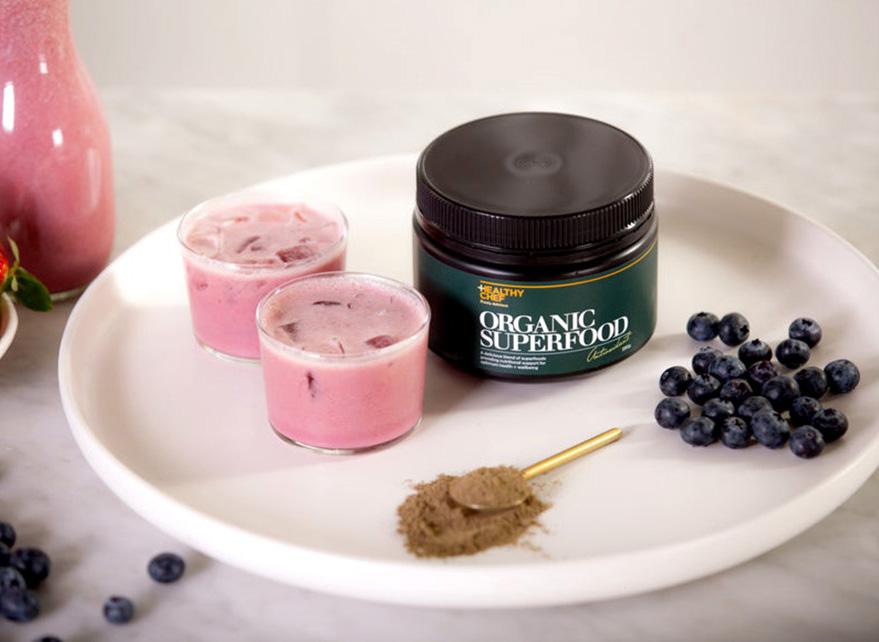
A well-known name in Australia and around the globe, The Healthy Chef is synonymous with delicious, nutritious recipes, and The Healthy Chef pure wholefoods-based product range of protein, collagen, supplements, beverages, and teas. Indeed, there wouldn’t be many households in Australia who don’t have at least one of the best-selling Healthy Chef cookbooks in their kitchen or a Healthy Chef product on their pantry shelf. But how did Teresa Cutter, the powerhouse entrepreneur behind the 100% Australian-owned healthy recipe, nutrition and supplement brand along with her husband and business partner, Paul Cutter, build the business into the success it is today?
Paul and Teresa Cutter believe in ‘Health by Nutrition’, a simple guiding principle that has defined The Healthy Chef wholefood brand since it was founded more than ten years ago.
The Sydney-based company has grown over the years to become one of Australia’s premium e-commerce nutrition brands. They were the first to bring organic pea protein to the Australian consumer market and recognise the importance of organic certification for building trust in their health range.
The Healthy Chef product range consists of premium quality nutritional supplements such as wild and sustainable marine collagen, protein powders, superfoods, wholefood vitamins, magnesium, functional beverages, cookbooks, and it’s #1 rated recipe app. Every product in The Healthy Chef range is free from sugars, gluten, fillers, gums or artificial flavours and sweeteners, a source of great pride for the owners.
“We are passionate about health and wellbeing. We love food, and our aim is to inspire, nourish and delight. The Healthy Chef is committed to producing effective products that you and your family can trust and are committed to being one of Australia’s leading health and wholefood nutrition brands.”
Teresa started out her career as an apprentice chef (hence the company name!). She soon developed a passion for health and fitness and got qualified as a health trainer before becoming a certified nutritionist. She has shared her health and nutrition expertise for several magazine and continues to promote the value of healthy wholefood cooking in any way she can, including on the company’s extensive Wellbeing Blog which covers all aspects of health from a nutrition perspective.
Like many business owners at present, Paul and Teresa have experienced some supply chain issues and difficulty in sourcing raw organic ingredients for their products. “I’m proud that we have continued to grow consistently as a wellness and supplement brand over the last 10 years and have designed exceptional products to support a person’s wellbeing. When I design a nutritional supplement or wellness beverage, my aim is to make the best product I can possibly can, cost doesn’t factor into it, and it has to taste purely delicious and be good for your health,” says Teresa.
The current focus for the business is to grow the Australia and New Zealand market as well as expand to overseas markets. “I think we are so lucky here in Australia and anything is possible if you have the passion, persistence, and patience. I’m fortunate to have a great team around me who also share the same passion for helping people.”
If you’re interested in trying any products from The Healthy Chef, make sure you check out their website and sign up to their Loyalty Program!
Connect with and shop The Healthy Chef thehealthychef.com Instagram: @thehealthychefofficial YouTube: youtube.com/c/Thehealthychef/ On the Apple app store: The Healthy Chef

Looking for an organic and dairy-free alternative to the usual sweet treats? Sydney-based supplier Coco Tribe are here to help, offering 100% plant-based, gluten-free and vegan yoghurt and ice creams in a variety of great flavours.

The Aussie owned and operated business uses organic coconut cream as a base and organic rice malt syrup for sweetness, as well as Australia’s freshest seasonal produce. Coco Tribe offer a wide range of yoghurt and ice cream varieties that are free from refined sugar, preservatives and additives. Flavours range from more traditional and nostalgic fare through to Maple Pecan Crunch and Salted Macadamia and Dulce de Leche.
Coco Tribe founder Tedy Altree-Williams moved to Sydney from Melbourne at seven years old. Tedy comes from a Lebanese family where fresh and seasonal fruit and vegetables were a staple, which inspired her when

formulating the Coco Tribe range of yoghurts and ice creams. The company has grown from humble beginnings in 2016, with Tedy fully invested in everything from product development to marketing.
Integrity in organics is very important to Tedy, who won’t bring an organic product to market unless it is certified. The company uses certified organic coconuts as they are a better choice for the environment and offer the best possible taste and quality. New Coco Tribe products are in the pipeline, so watch this space!
Coco Tribe sell to a variety of stores including Costco, Harris Farm, IGA and many other independent retailers. Check out this complete list of stockists to find your nearest store. Also, make sure to follow @thecocotribe on Instagram for the latest recipes and updates on new Coco Tribe products.
Make sure you have a read of the Coco Tribe Recipes page, featuring a bunch of tasty creations that make use of the company’s yoghurts and ice creams


You’ll find Pirovic Family Farms at Mangrove Mountain on the New South Wales Central Coast. The family owned and operated farm was established in 1965 as a producer of fresh eggs, before transitioning their offering over time to include barn-laid, free range, certified organic varieties, and liquid egg products.
Organic certification came in 2010 for Pirovic Family Farms, although they had been producing farm fresh eggs earlier than this. The decision to add organic eggs to their repertoire came as there was no consistent supply of organic varieties on the market at the time.
Pirovic chickens start laying from 21 weeks, with birds producing organic first quality eggs during their lifetime. The birds have access to pasture in the lay house where they can forage and are fed certified organic grain feed. The certified farm has an organic free range stocking density of 4 square metres per bird, or less than 2,500 birds per hectare.
Health and welfare of the animals is of paramount importance for the Pirovic family, which is now moving into its third generation of egg farmers. They add alternative certified products in the chicken’s water to naturally support their gut health, while they use
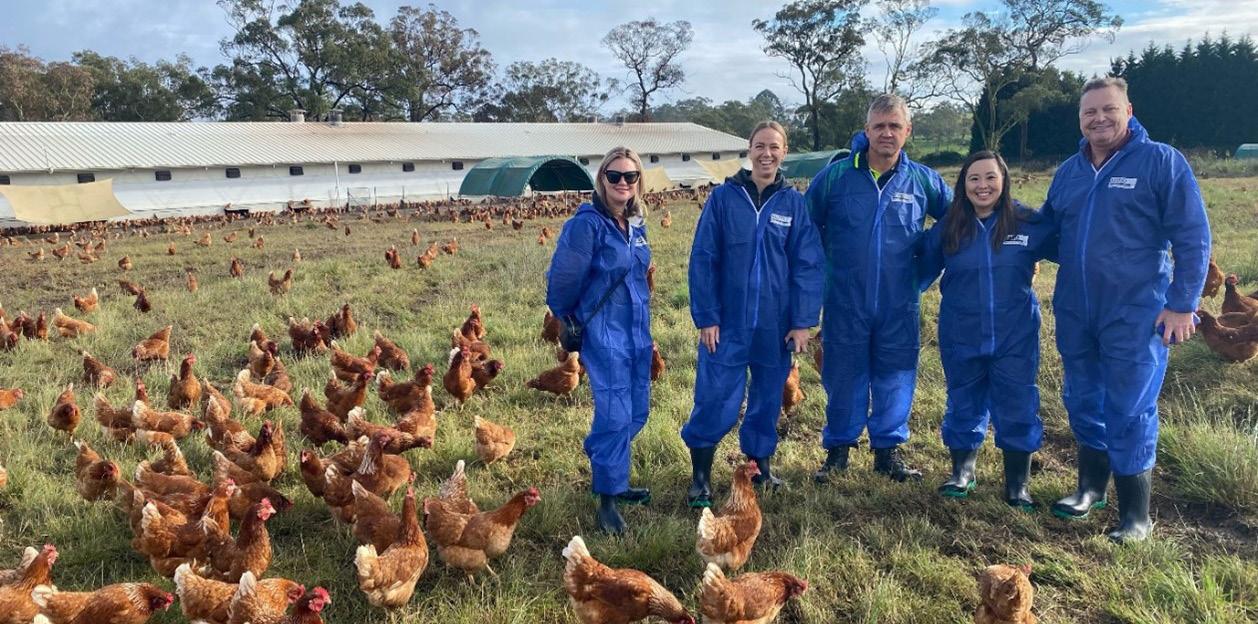
only natural herbs to effectively prevent or treat health challenges. Free range organic chickens may be more prone to such challenges given their ability to range and forage, and their contact with wild birds and the environmental elements. These conditions (as well as foxes and dingoes) are a regular threat to free range production that the owners work hard to mitigate.
Cleanliness and quality are high priorities at the farm. During processing, eggs are inspected closely for internal and external quality, checked for cracks, and tested using an ultrasonic and candling system. As Pirovic Family Farms produce free range, barn-laid and other non-organic varieties too, a great deal of care is taken to ensure all eggs are packaged and labelled correctly.
The owners recommend that you store eggs in a refrigerator. If using organic eggs for baking or boiling, make sure you remove them from the fridge an hour before, so they are at room temperature for cooking.
Pirovic Family Farm organic eggs are sold to independent retailers and Harris Farm Markets. For more information about the company and its long and storied history, check out the Pirovic website.
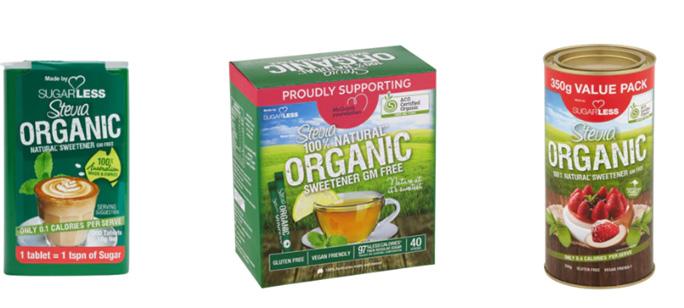
If you’re looking to take up a zero-sugar lifestyle, you don’t need to resort to artificial sweeteners in your morning cuppa! Sydney-based company Sugarless Australia offers a variety of naturally sourced and organic sweeteners to health-conscious consumers, having introduced an organic stevia range in 2011.
Sugarless Australia products contain organic stevia and organic erythritol, two sweeteners that are widely regarded as the healthiest options for those avoiding sugar. Stevia is a natural sweetener derived from leaves of the Stevia rebaudiana plant, while erythritol is a sugar alcohol made from the fermentation of corn starch. Blending the two products counteracts stevia’s bitter aftertaste while enhancing its sweetness and texture.
Sweeteners are available in a variety of forms, including tablets, café sticks, cannisters and liquids. Owners Wissam Alayan and Charles Shalala purchased the business approximately one year ago and are presently working on a company rebrand and product range development, with an ambition to further develop the brand in Asia, particularly Singapore.
Wissam notes that the manufacturing process for organic is more labour-intensive than conventional,
but processes will improve once their machinery is upgraded.
New products include a blend fortified with marine collagen for hair, skin and nail health, as well as a kids range of 100% sugar free strawberry and chocolate milk powders.
Certified organic products in the Sugarless Australia range carry the Bud logo, contain no gluten or added preservatives, and are vegan friendly and GMO free. Staff carry out their organic production run twice a month, with 6-7 pallets of organic sweeteners making their way to consumers every week. The manufacturing process is simple; the natural ingredients are blended, before a vacuum machine is used to measure the dose and weigh it. The product is then sealed, batched and packaged.
If you’d like to try the Sugarless Australia range, make sure you check out their Online Store. Otherwise, you can find their sweet products in major retailers such as Woolworths, Coles, IGA, Foodworks and Chemist Warehouse.
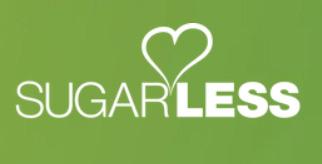
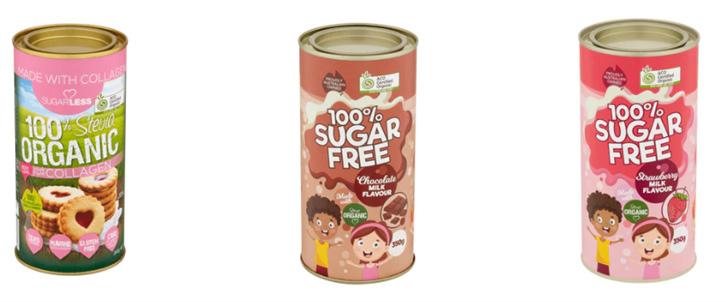
LEFT: Some of the organic options available in the Sugarless Australia Online Store
Country Heritage Feeds can be found just off the Gore Highway in Pittsworth, a 30-minute drive west from Toowoomba. The family owned and operated business uses Aussie-grown grains, free from chemicals and synthetic fertilisers, to produce the best quality certified organic feed for a range of business sizes. This includes some of the country’s largest certified organic producers, all the way down to families with a few backyard chickens.
The organisation started from humble beginnings in the nearby township of Highfields in 1998. Back then, they were servicing just one certified organic customer; fast-forward to 2022, and Country Heritage Feeds is recognised as Australia’s largest certified organic stockfeed mill.
The central Pittsworth location near the highway is ideal for future expansion. The team relocated to their facility in late 2010, allowing them to expand their product range to include pellets, crumbles and more.
Country Heritage Feeds service all livestock sectors, and even produce organic pet food! The team work closely with a nutritionist to ensure the optimal balance of their products to address the various needs of livestock and pets. “Good, Simple, Organic” is their motto and guiding principle, and they have a range of resources on their website explaining the benefits of organic feed for various animals.
Though they have custom lines of products, individual mixes can be prepared to the exact needs of the customers. As of 2022, Country Heritage Feeds manufacture everything from layer mash to starter/ finisher meal, supplements and more.
The team are always on the lookout for new suppliers and operators. Ron Phillips, the Operation and Supply Chain Manager, is passionate about maintaining consistent and fair pricing of organic grains and cereals
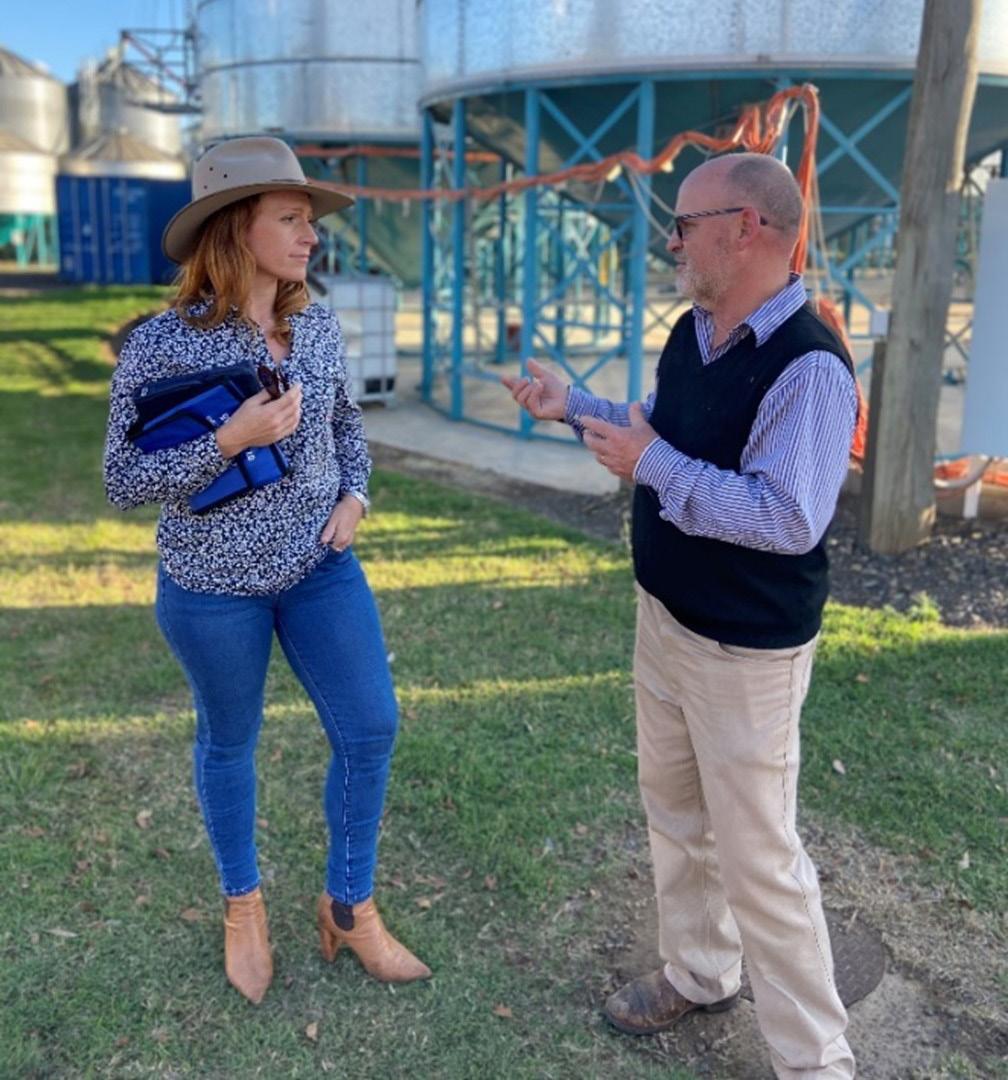
for growers, as part of a sustainability business model. The team is always happy to talk to new growers, or growers who are considering the move to organic certification, so feel free to contact Ron Phillips to have a discussion.
Country Heritage Feeds send products all over the country and can cater to all different size requirements. Diversifying their business has been critical to their success through prolonged droughts. If you’d like to support their business, keep an eye out for Country Heritage Feeds at your local pet store, find your nearest stockist with their Store Locator, or else contact the team directly for bulk orders.
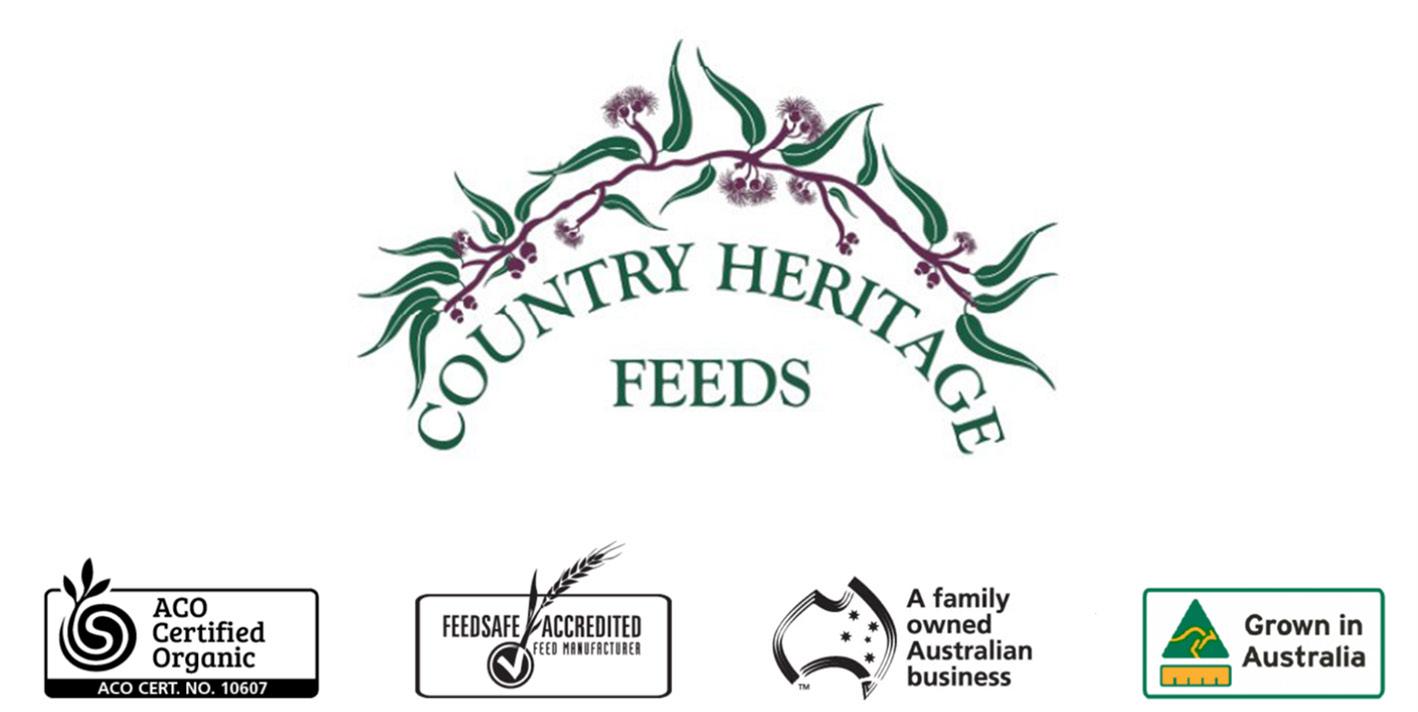

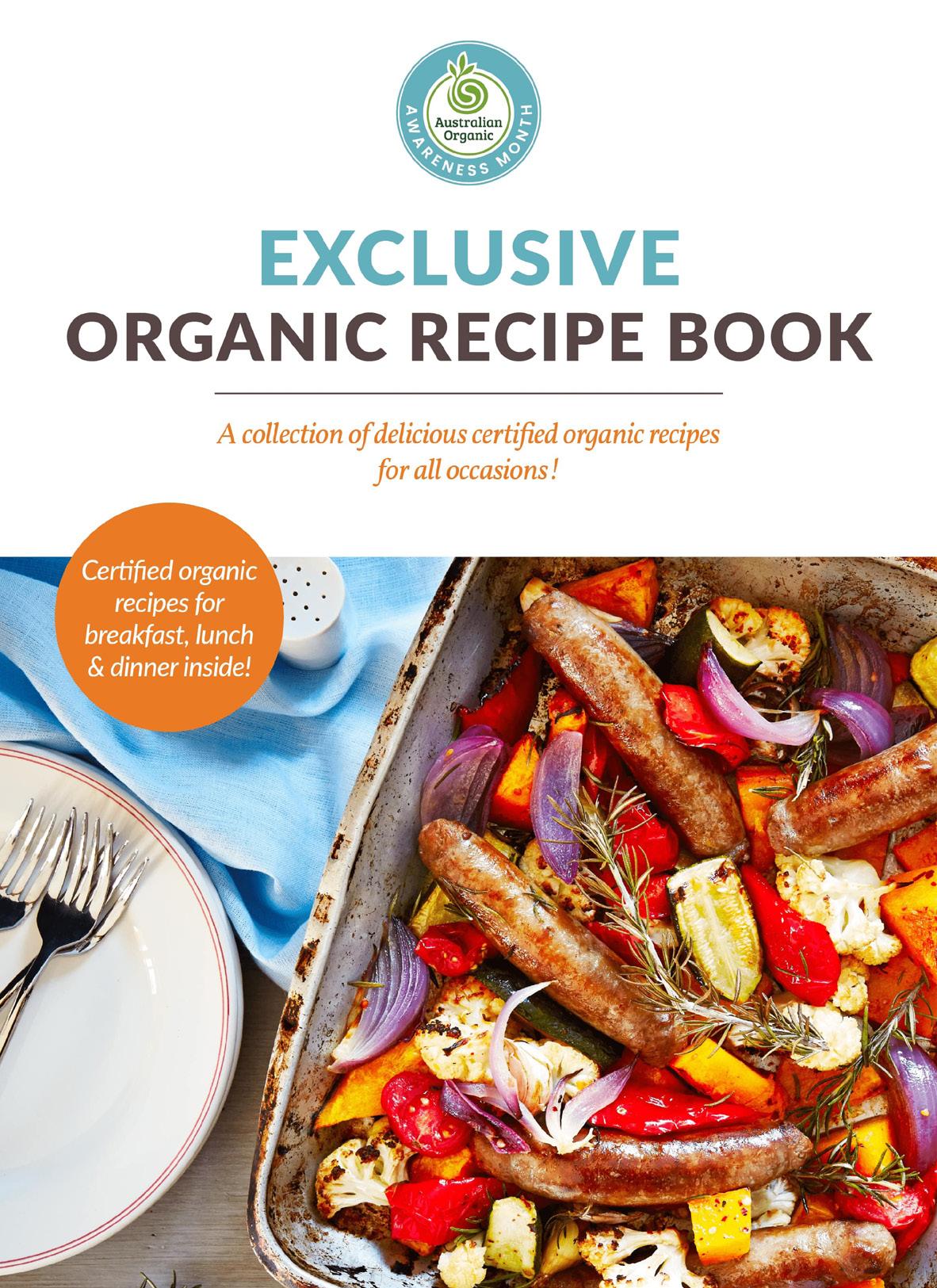
•
•
•
• 1 x Bud Organic Club Instagram static post in 2022
• Half page advertisement in December 2022 e-magazine (industry audience) Check out this 2021 display for inspiration!
To celebrate Australian Organic Awareness Month this September, we’ve put together a specially curated box full of certified organic products from some of our 2022 campaign sponsors.

From certified organic beverages, snacks and health foods, to bread mixes and ground coffee, there is a little something for everyone.
What’s more, these boxes are worth over $120! A great way to try a range of different certified organic products for a fraction of the cost. Don’t miss out and order yours today!
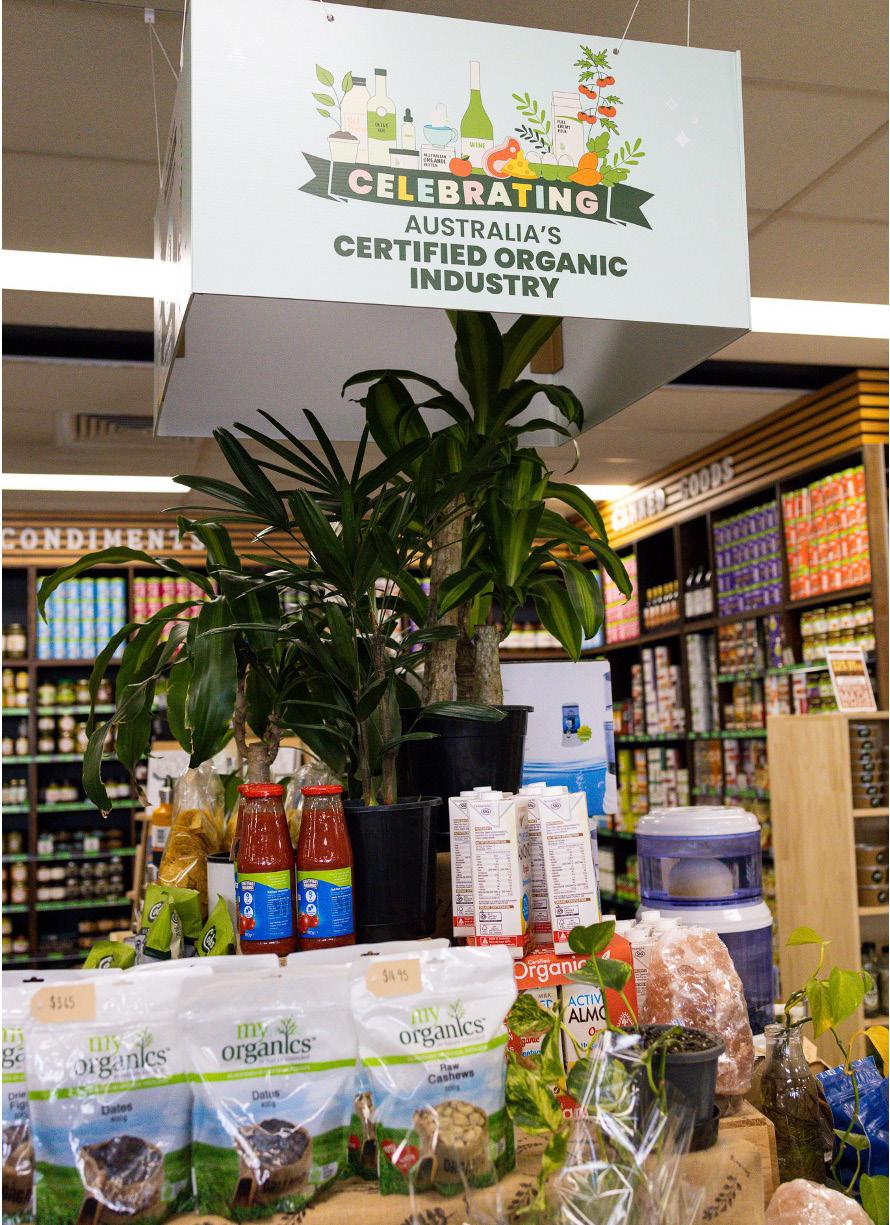
September is all about raising awareness of certified organic products, brands and businesses by educating consumers about why choosing certified organic is so important, and encouraging them to look for organic certification logos on their purchases.
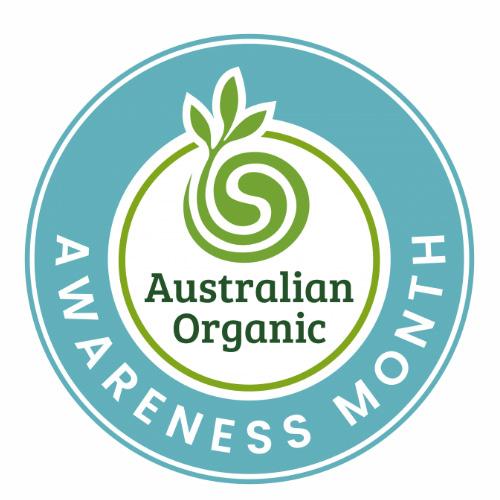
Check out the link below to find out more about you or your business can do to promote our industry!

The cropping industry leadership of GRDC CSIRO research towards for grains.
Join us for the latest and Agriculture webinar to industry experts cropping producers of the sustainability curve.
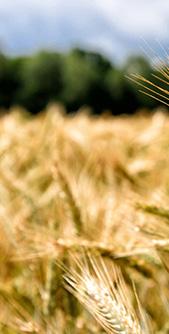
industry through the GRDC have invested in towards climate resilience in our Climate Change webinar series, as we talk about what organic can do to stay ahead curve.
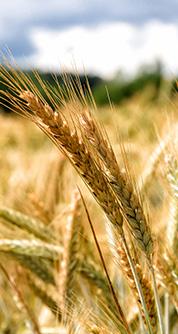
Learn More
Australian Organic’s annual Awards are all about celebrating excellence in the organic industry and recognising those who go above and beyond.

Applications are open until 14 September across nine individual and industry categories, so make sure you visit the link below to download an Entry Pack today!
Learn More

to our new members!
We are excited to announce that 27 companies became new AOL members between June and August of this year! We look forward to working together to safeguard the future of organics in Australia.
To learn more about the benefits of AOL Membership, please refer to pages 34 and 35. See below for a summary of our new members!
Business name Type
Agripower Australia
Location Website
Crop Fertilisers and Soil Amendments NSW agripower.com.au
Appleton Cattle Company Beef Livestock Producer Qld facebook.com/ appletoncattlecompany
AUS-QUAL Organic Certification Body Qld ausmeat.com.au
Back to Eden Fruit & Veg, Dried & Chilled Goods Wholesaler NSW backtoeden.com.au
Bioflora Crop Fertilisers and Soil Amendments Qld bioflora.com/agriculture
Cockatoo Grove Olive Oil Products Vic cockatoogrove.com.au
Converte Crop Fertilisers and Soil Amendments NSW converte.com.au
DA & EA Lee Beef Livestock Producer Qld
Durablend Pty Ltd Food, Liquid and Powder Manufacturer NSW durablend.com.au
Endeavour Foundation Contract Packing Qld endeavour.com.au/businesssolutions/packagingsolutions
Fourth Wave Wine Winemaking NSW fourthwavewine.com.au
G & S Alicastro Family Trust Wine Cropping Producer Vic
Georgina Pastoral Company Pty Ltd Beef Livestock Producer Qld
Harvestime Frozen Fruit Products NSW Horticultural and Landscape Supplies
Impulse International Pty Ltd
Crop Fertilisers & Soil Amendments Tas horticulturalsupplies.com.au/ manufacturing
Importer & Wholesaler of Bulk Products NSW impulsetrading.com.au
Marinova Pty Ltd
Manufacturer of certified organic fucoidan extracts for nutritional and cosmetic applications Tas marinova.com.au
The Minimalist Nutritionist Spice Ingredients Supplier Vic theminimalistnutritionist.com
Mt Ravensbourne Forest Organic Avocados Avocado Producer Qld Mulgundawa Dairy Dairy Livestock Producer SA facebook.com/ mulgundawadairy Nutrafresh Avocado Producer NSW nutrafresh.com.au/
Organica Australia Pty Ltd Crop Fertilisers and Soil Amendments Qld organicaaustralia.com.au
Organics Aotearoa New Zealand Organic Industry Body NZ oanz.org

Pasta Emilia Pasta Products and Restaurant NSW emilia.com.au
Sri Agathiyar Muligai Vanam Indian Organic Farm India Tasmanian Seaweed Fertilisers Crop Fertilisers and Soil Amendments Tas tasseaweed.com
Yunis Pty Ltd Almonds Producer SA yunis.com.au
Together we are stronger
AOL has united a growing community of certified organic operators. Together, we work to promote and protect the maturing organic sector. We have been representing our members for 35 years and we invite you to join us to have your say in shaping the future of the organic industry. When you join Australian Organic Limited, we provide you with:
• A direct voice to government to address our industry’s greatest challenges and opportunities
• Industry research and resources to help position your business for success
• Marketing support through industry awareness & promotional campaigns
As a member of this dynamic industry you will receive exclusive access to the below benefits, and so much more.
Complimentary copy of the most recent Australian Organic Market Report to develop your business strategy.
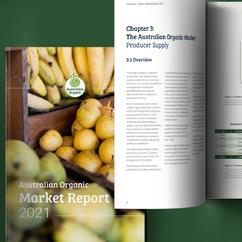
Australian Organic Awareness Month
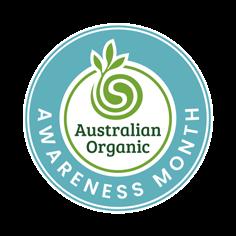
Exclusive discounts to be a part of Australia’s largest campaign celebrating certified organic products every September.

Free submission to the highly respected annual Industry Awards and Wine Awards, and discount tickets to attend the event.
Access to a range of resources, publications and webinar recordings.
Access to discounted marketing and sponsorship opportunities to reach over 6,000 Bud Organic Club members and 120,000 social media followers.
Access the most recent industry news and updates relevant to the organic industry, including a regular email from our CEO.


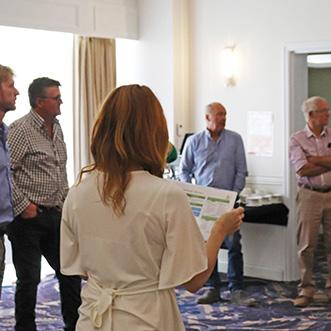
Access to discounted tickets for events to educate and connect the industry, foster growth and innovation.

Opportunity to represent and advocate for your sector on advisory committees, as well as contributing to submissions.
The Australian Certified Organic Bud certification logo is the most recognised organic trust mark amongst Australian shoppers and has been so for over a decade.
The most effective way to address critical business and support the industry is by
• Government Advocacy: AOL continually advocates on behalf of the certified organic industry by working with government on key industry issues such as organic domestic regulation, market access, biosecurity and relevant industry matters.
• Promote Consumer Awareness: AOL continues to educate consumers on the benefits of organic and the importance of checking for certification marks through the Bud Organic Club website, newsletter and social media platforms. AOL has also established Australian Organic Awareness Month, the nation’s largest campaign to promote the benefits of organic produce.
• Engage with Federal & State Government: AOL continues to develop relationships with Ministers, Departments and key industry partners such as the National Farmers’ Federation (NFF) and the Australian Food & Grocery Council (AFGC).
• Research & Development: AOL, through the strategic direction of our board and advisory committees, engage key research and industry bodies to work towards establishing further organic oriented Australian agricultural research.
• Provide Market Analysis: AOL invests in consumer and commercial research by supplying data and information to support trade negotiations.
• Lobby ACCC on “fake organic” products: AOL works with the ACCC on misleading claims and has successfully negotiated the inclusion of the National Standard for Organic & Biodynamic Produce on the ACCC website and has been appointed a position on the ACCC Agricultural Consultative Committee.
• Assist Organic Importers: AOL has driven significant outcomes for organic importers regarding mandatory biosecurity changes relating to seeds and khapra beetle through fostering strong relationships with federal and state Biosecurity teams.
• Support Export Opportunities: AOL contributes on export by providing the Department of Foreign Affairs and Trade input into Free Trade Agreements, collaborating with international industry counterparts and maintaining an export website Trade Organic and masterclass program that provides resources on organic exports and international markets.
Ordinary Certified Member $275 incl. GST ACOS Operators licensed to the
Bud;
07 3350
63% of shoppers recognise the Australian Certified Organic Bud certification logo (up from 51% in 2019)2 1, 2 Australian Organic Consumer Trust Survey 2022